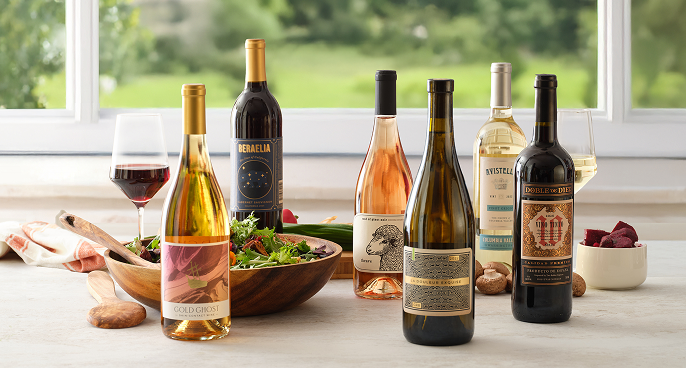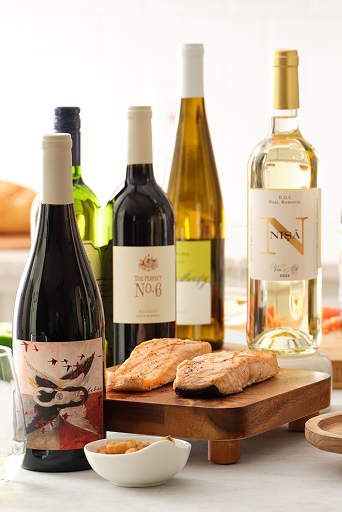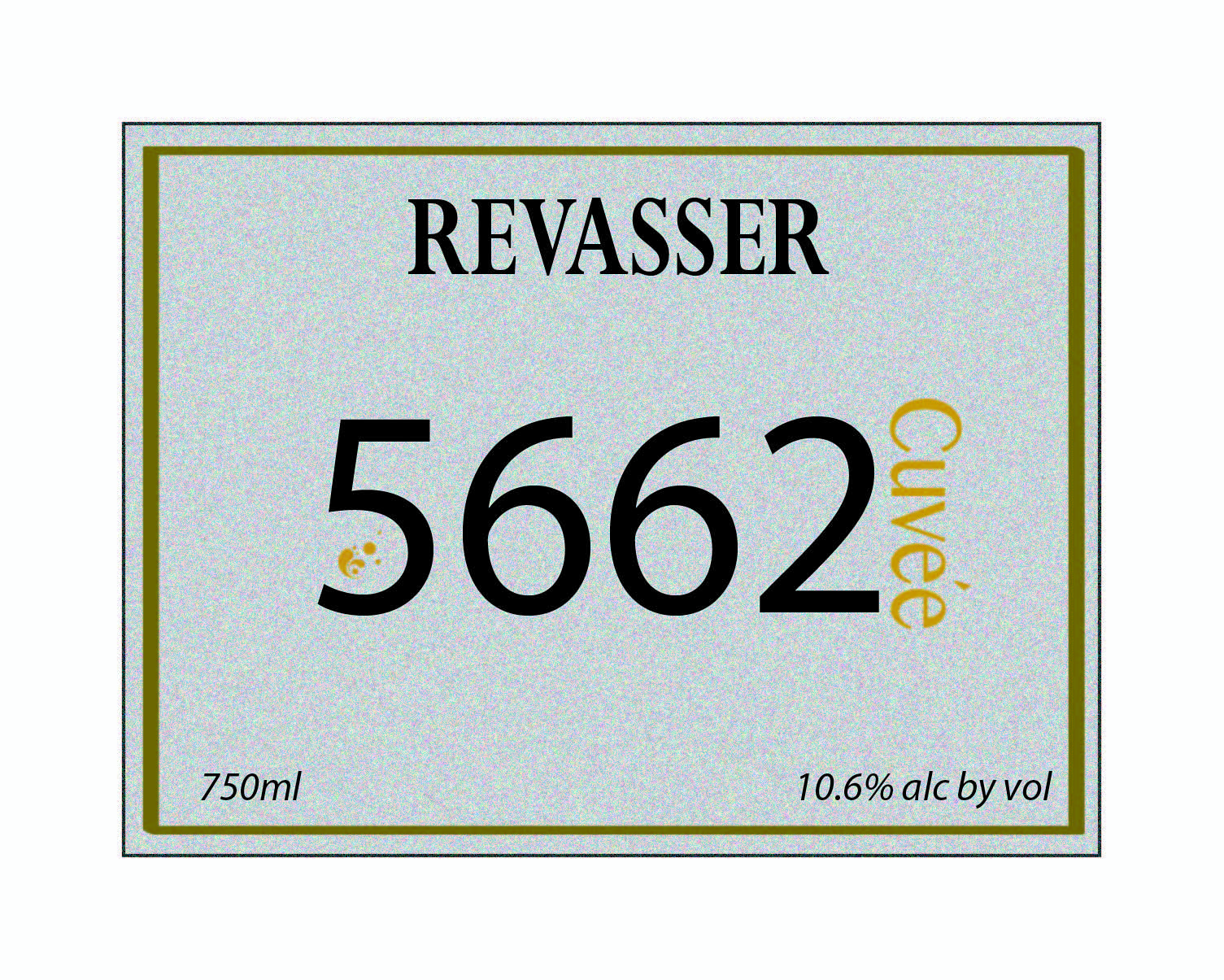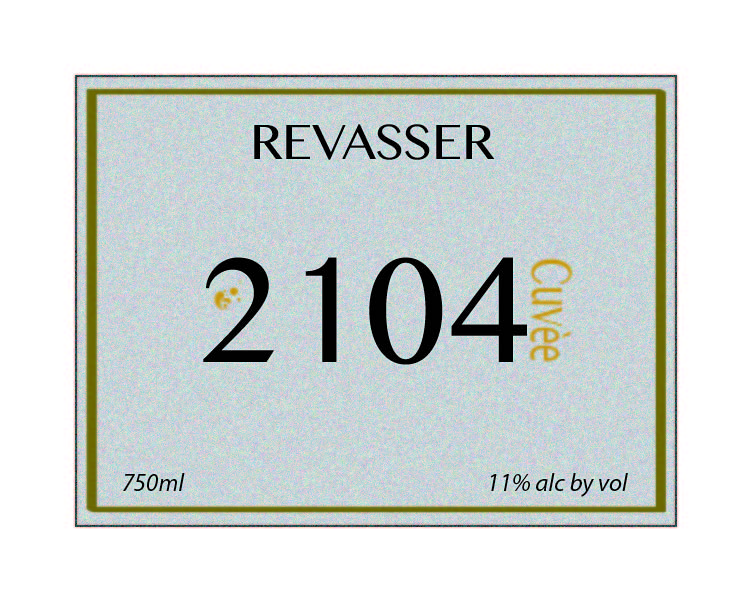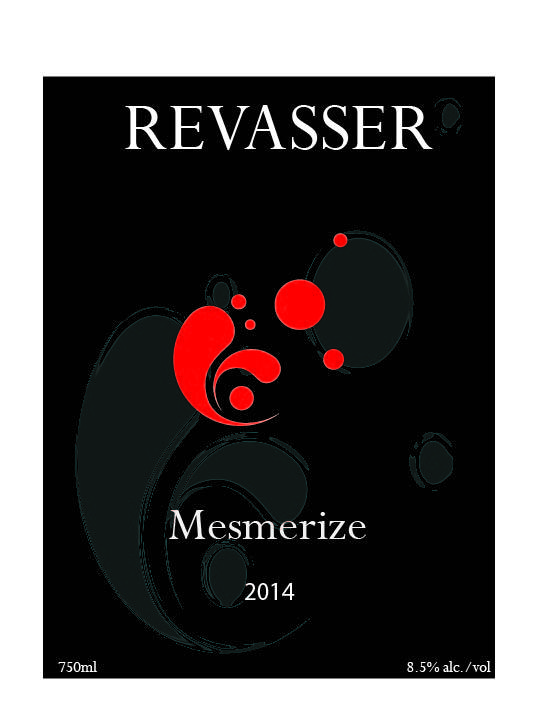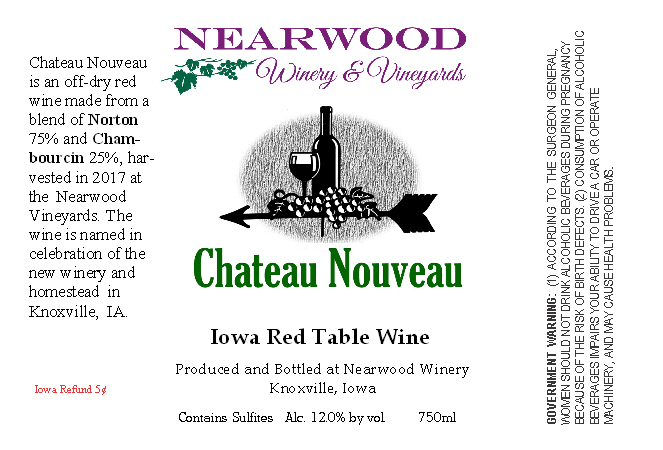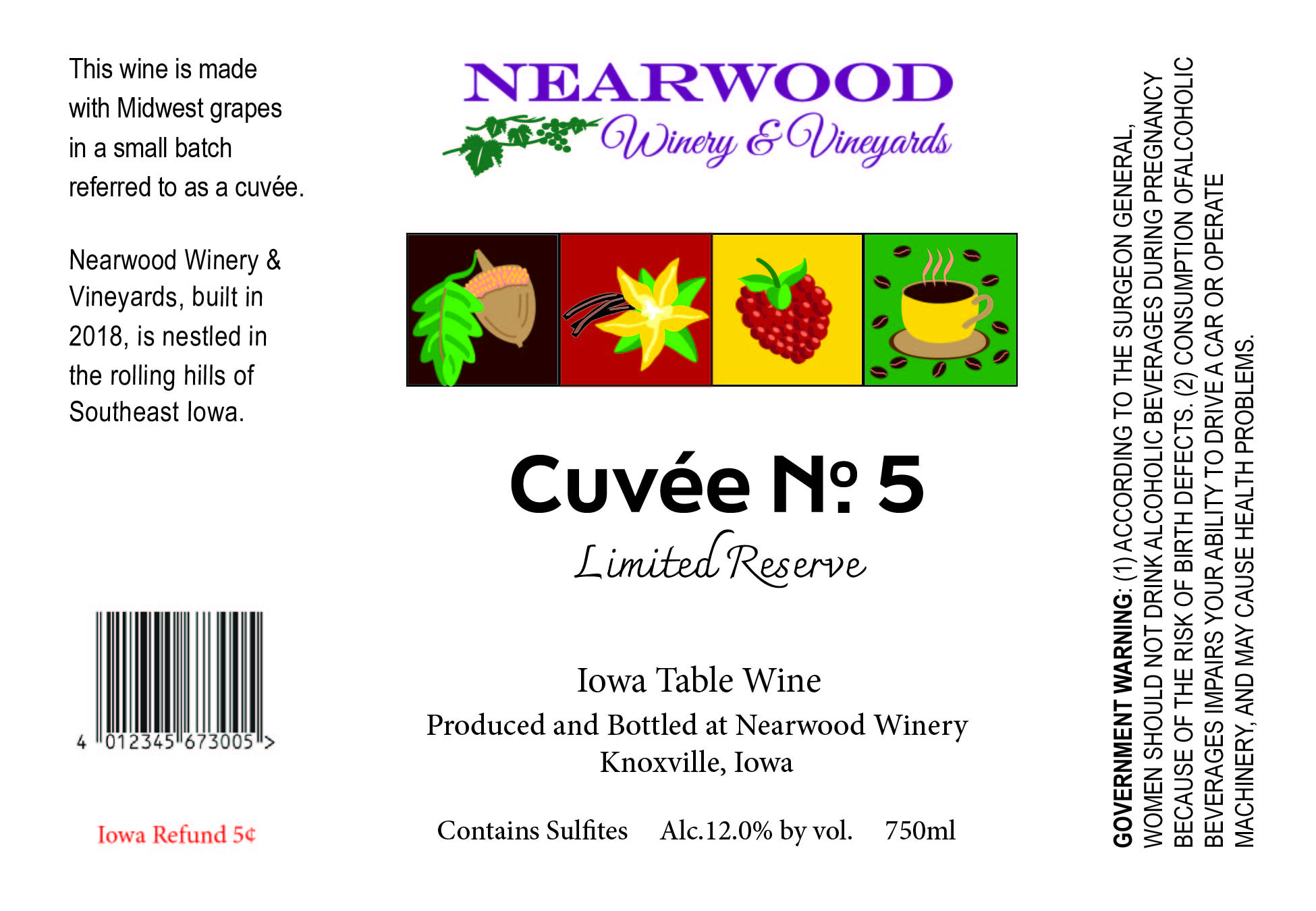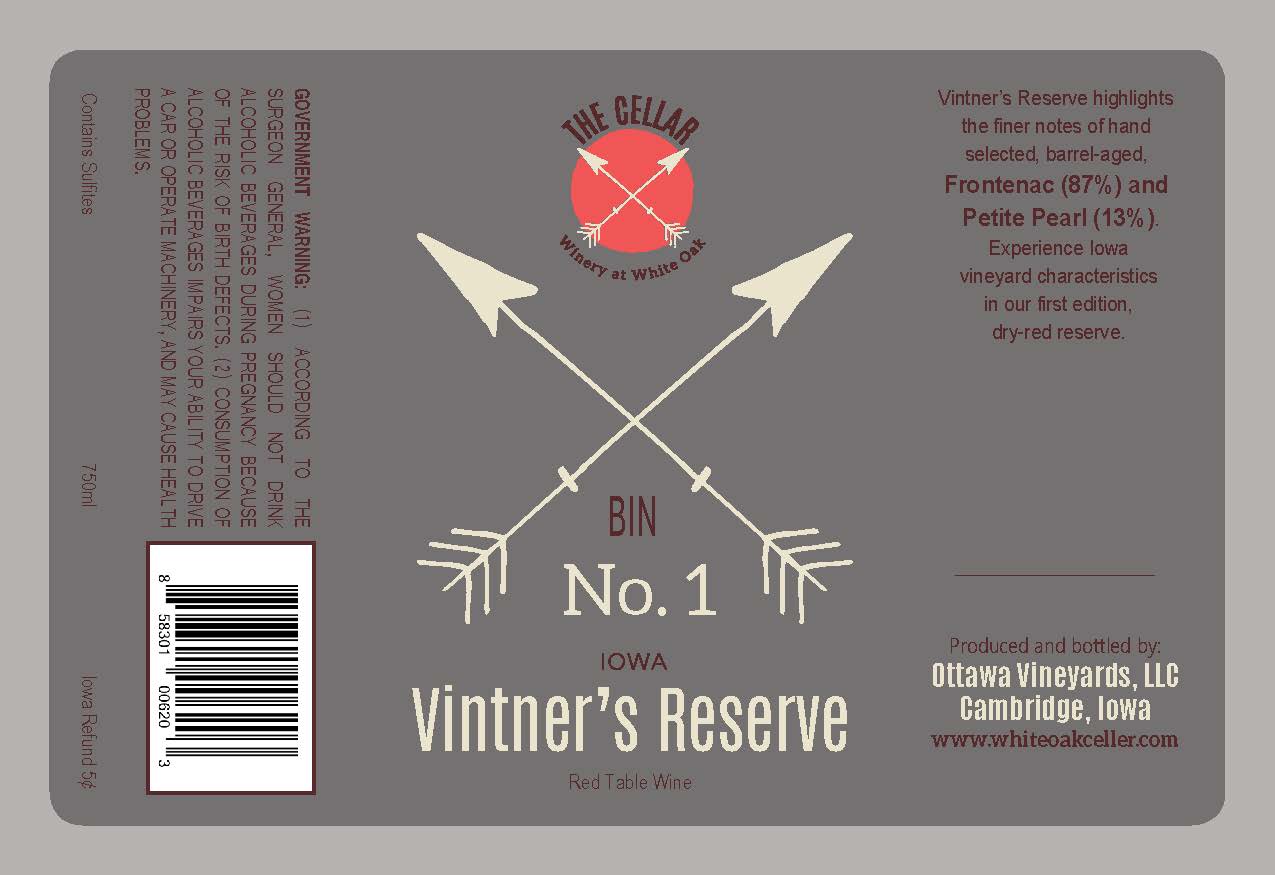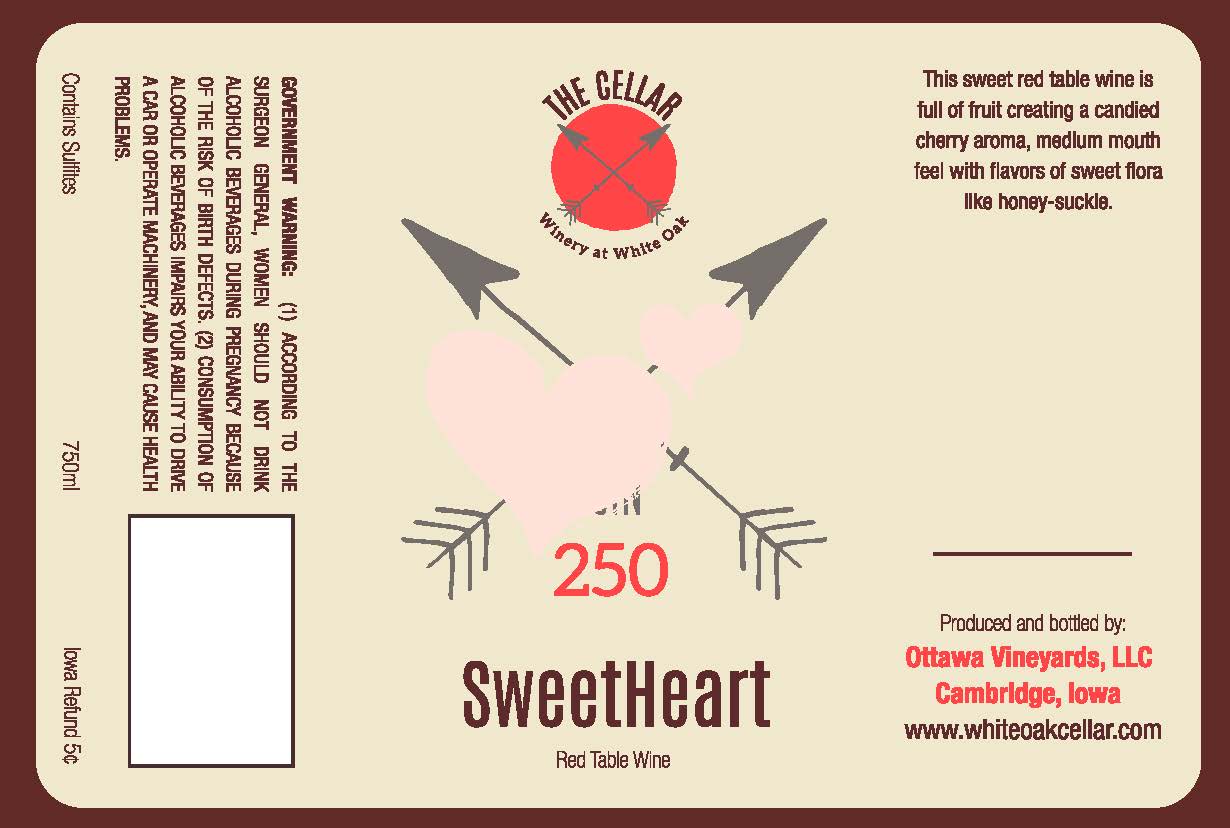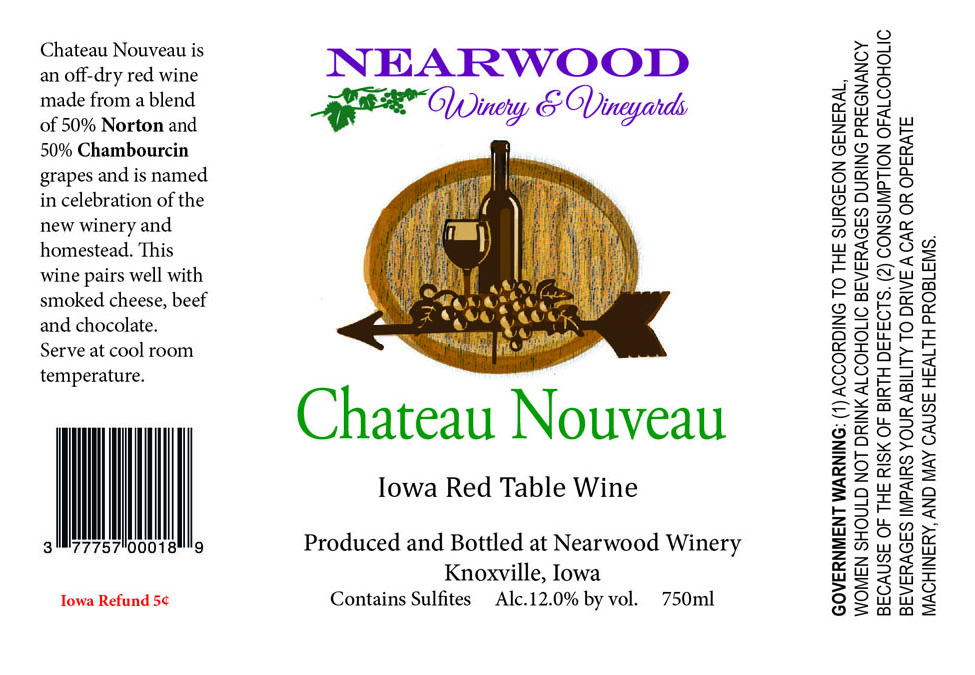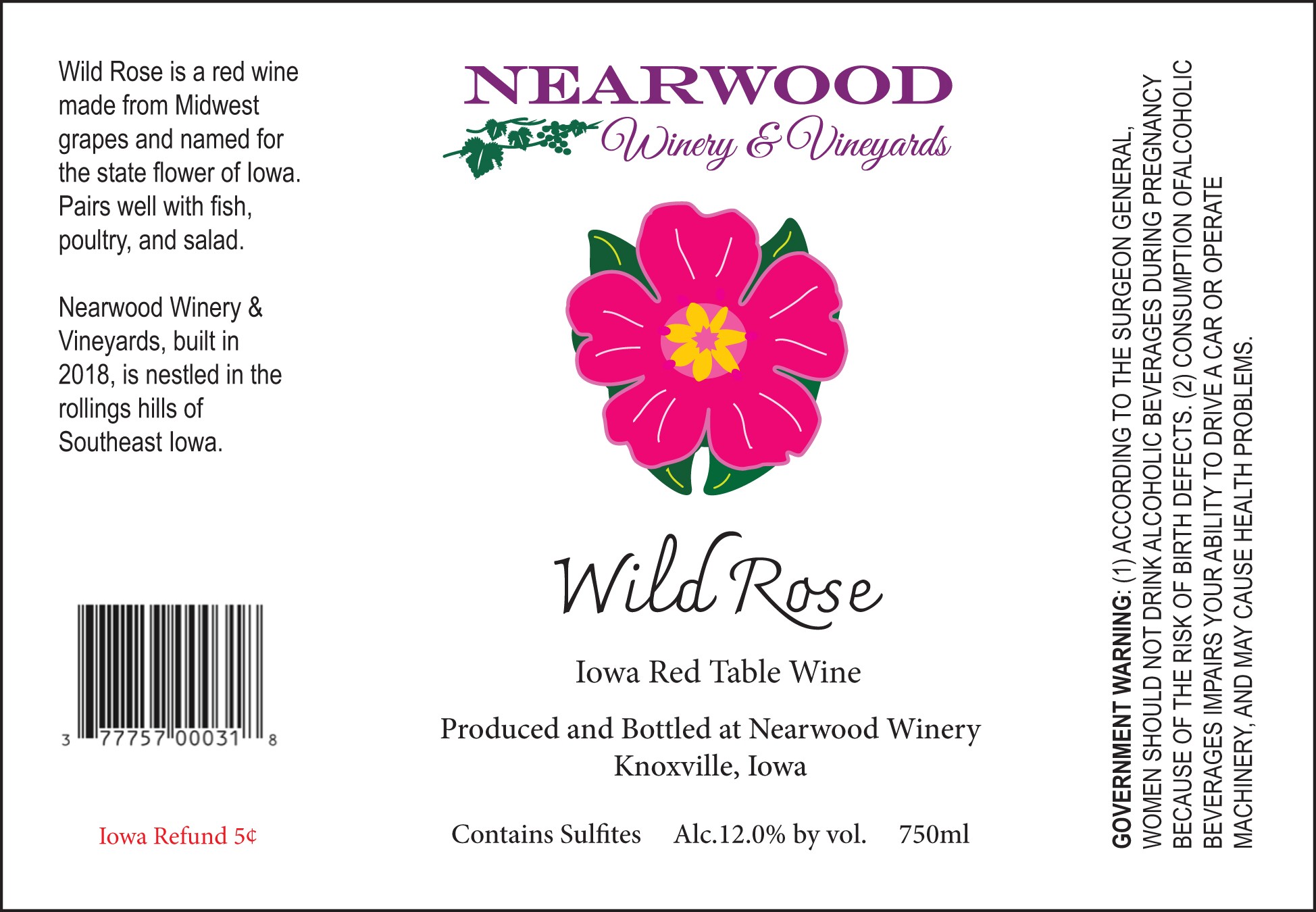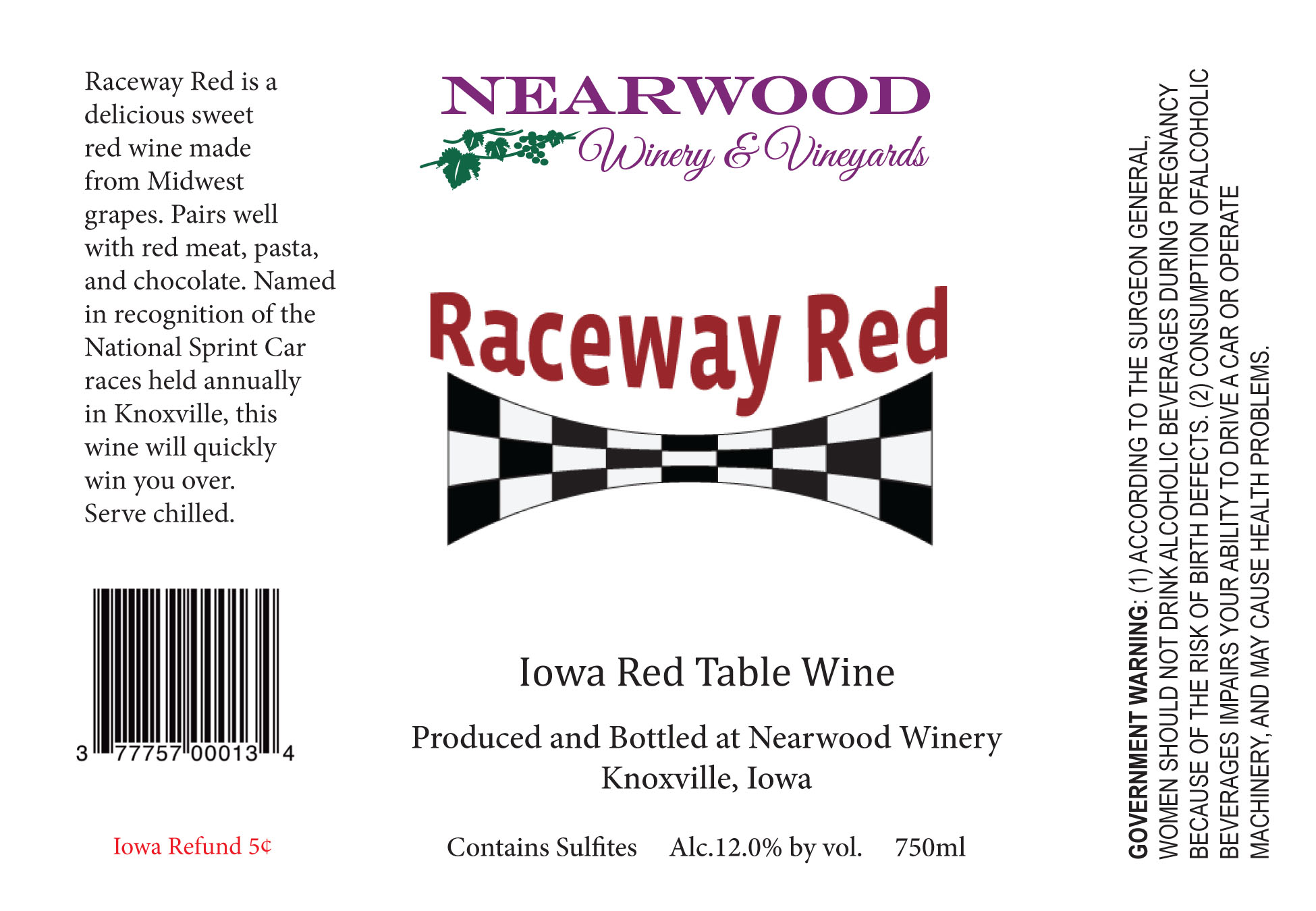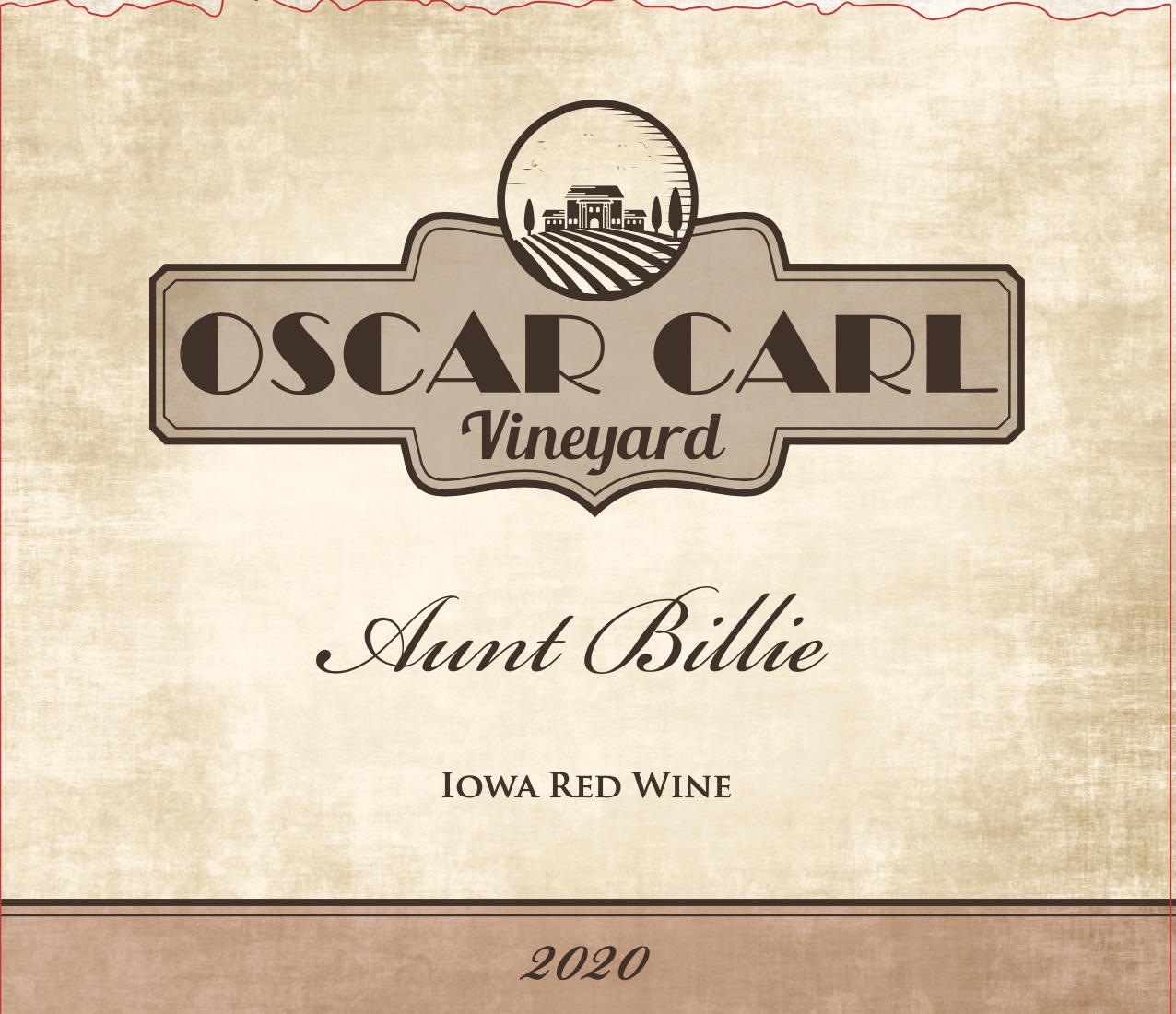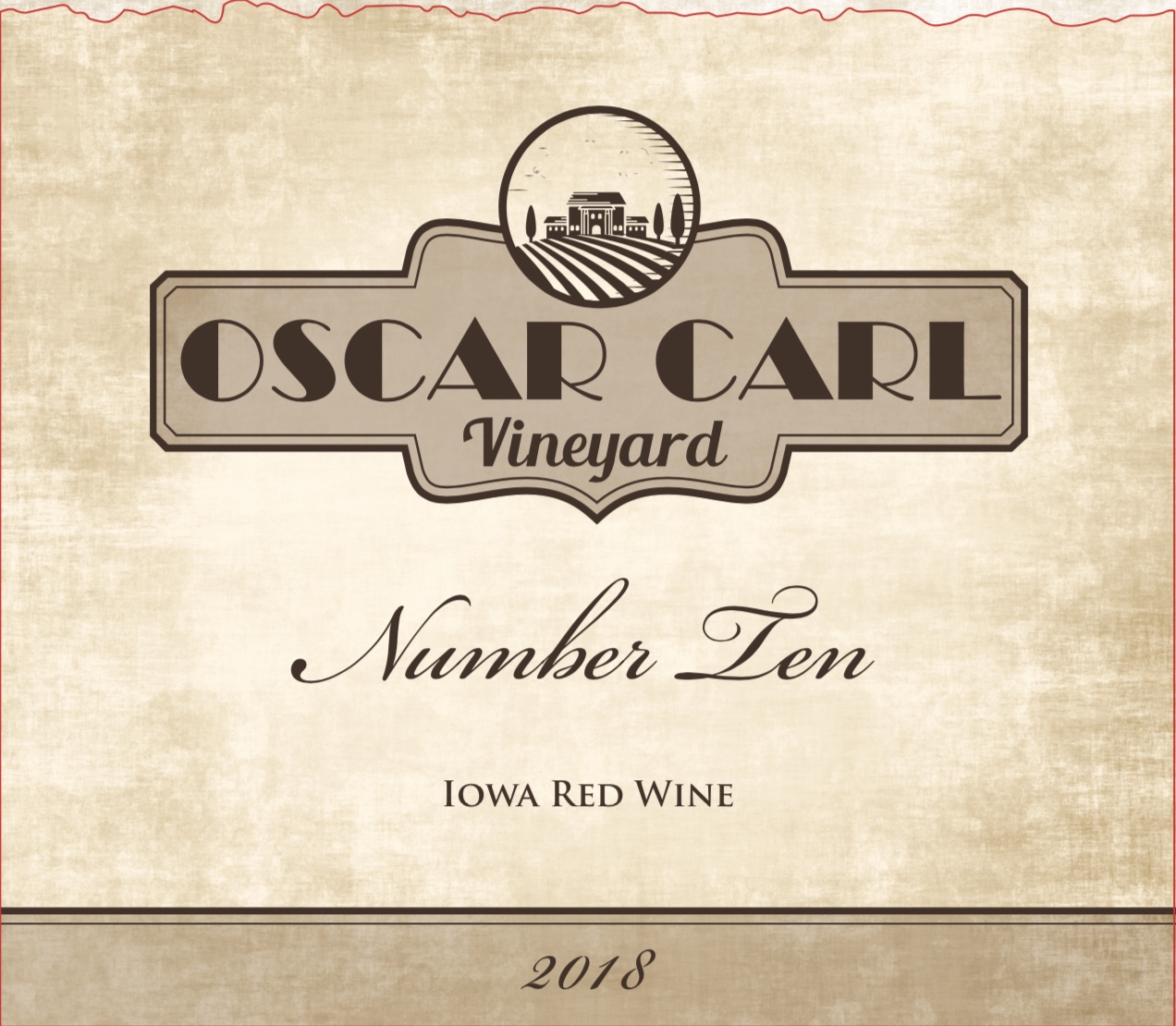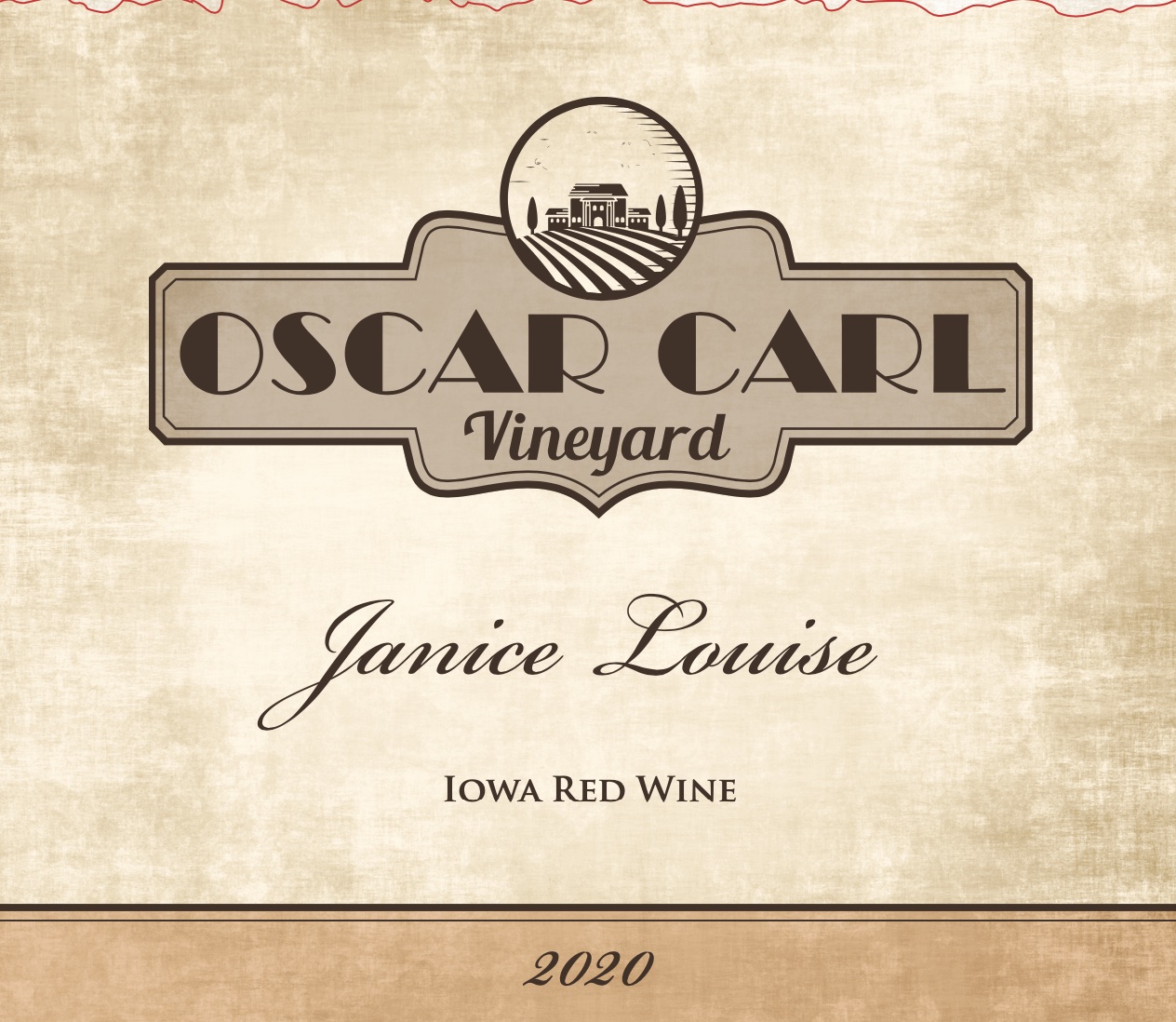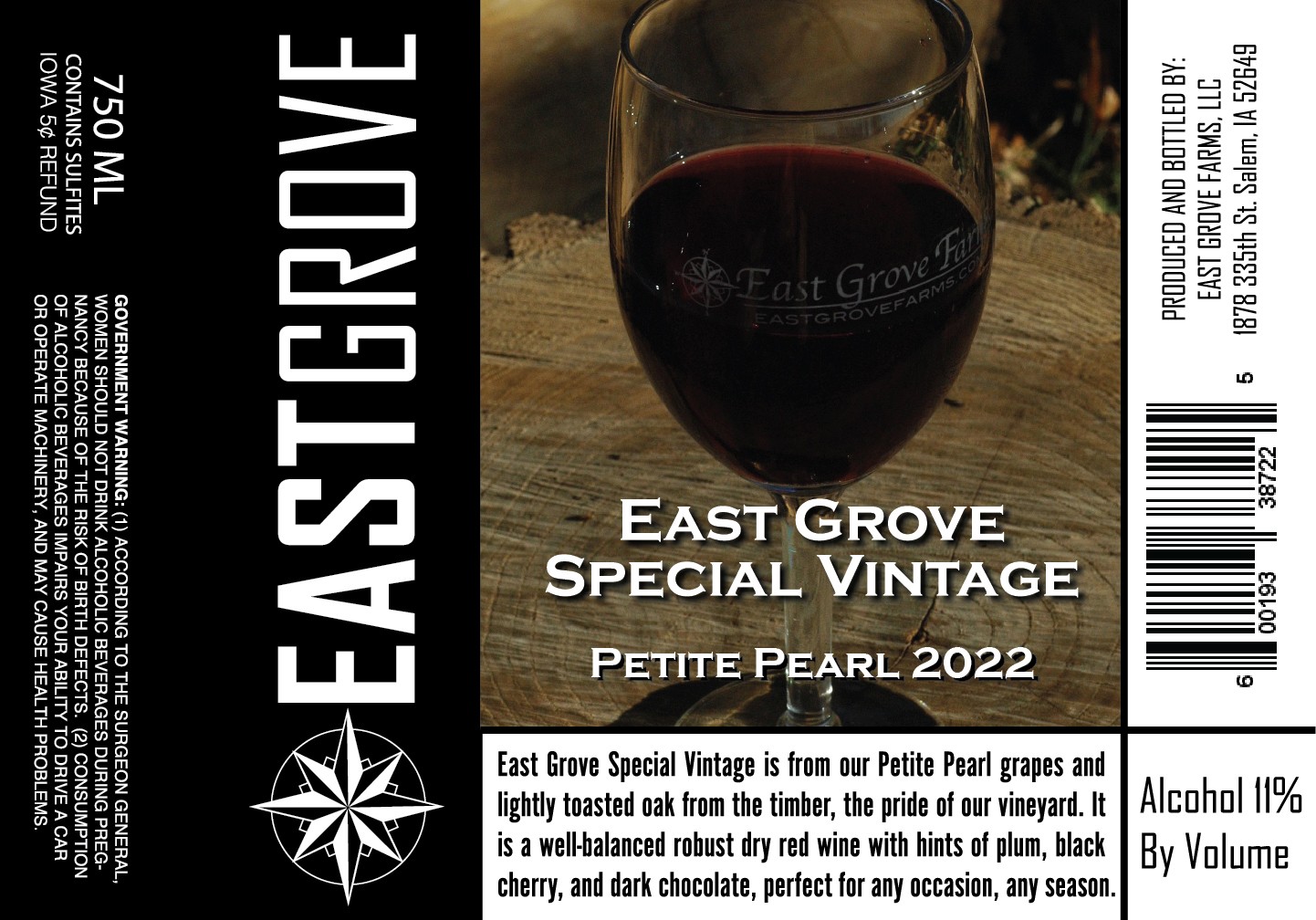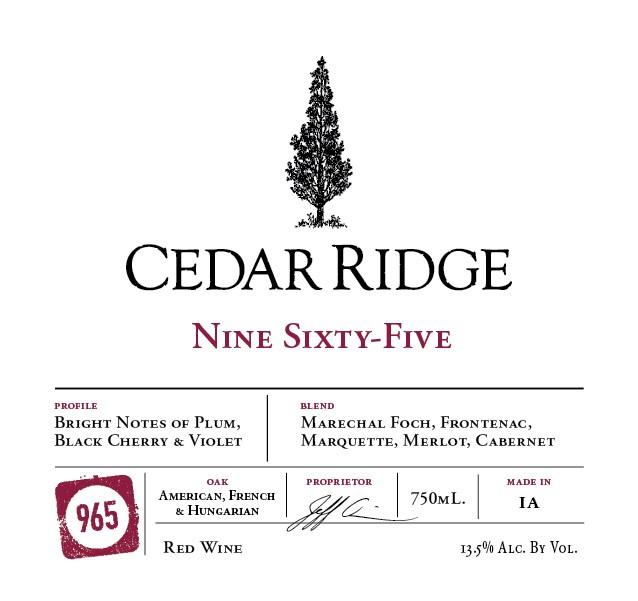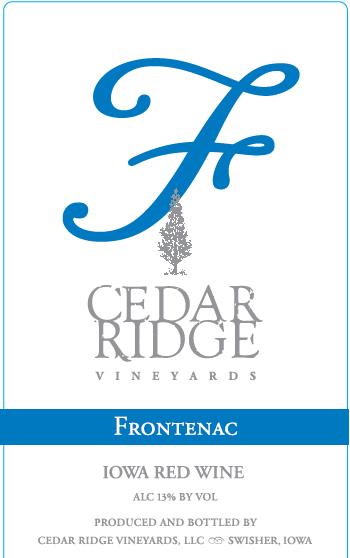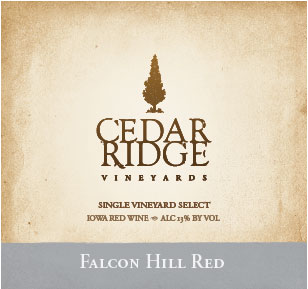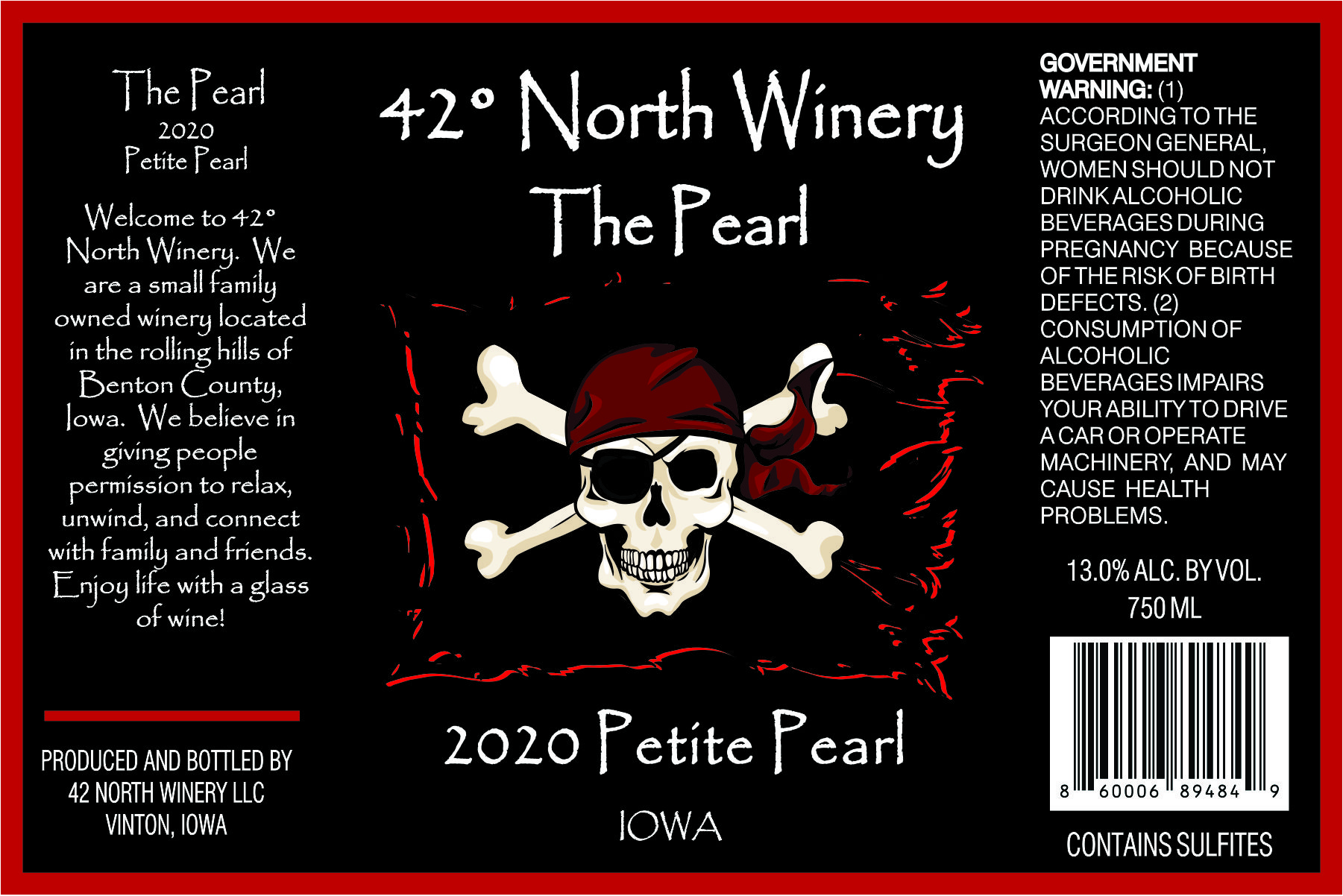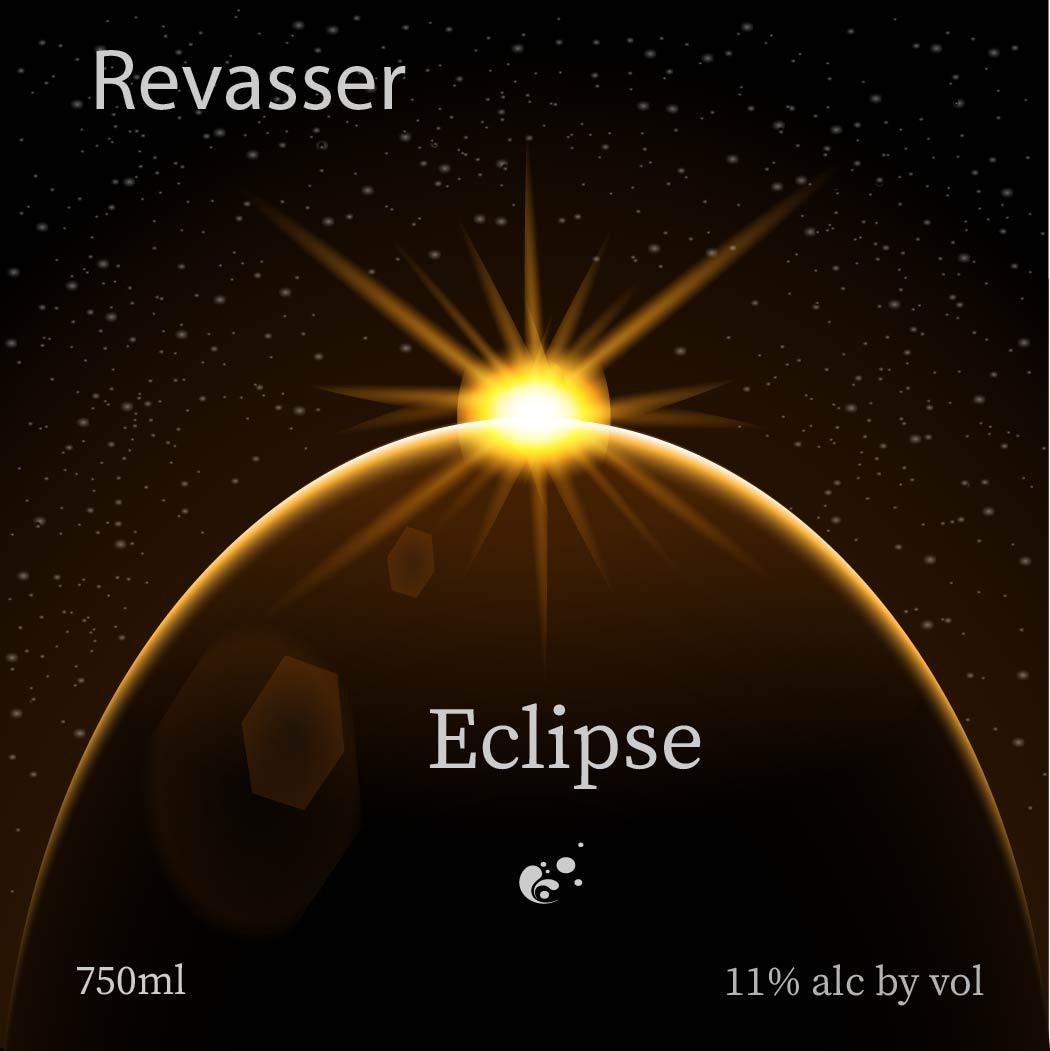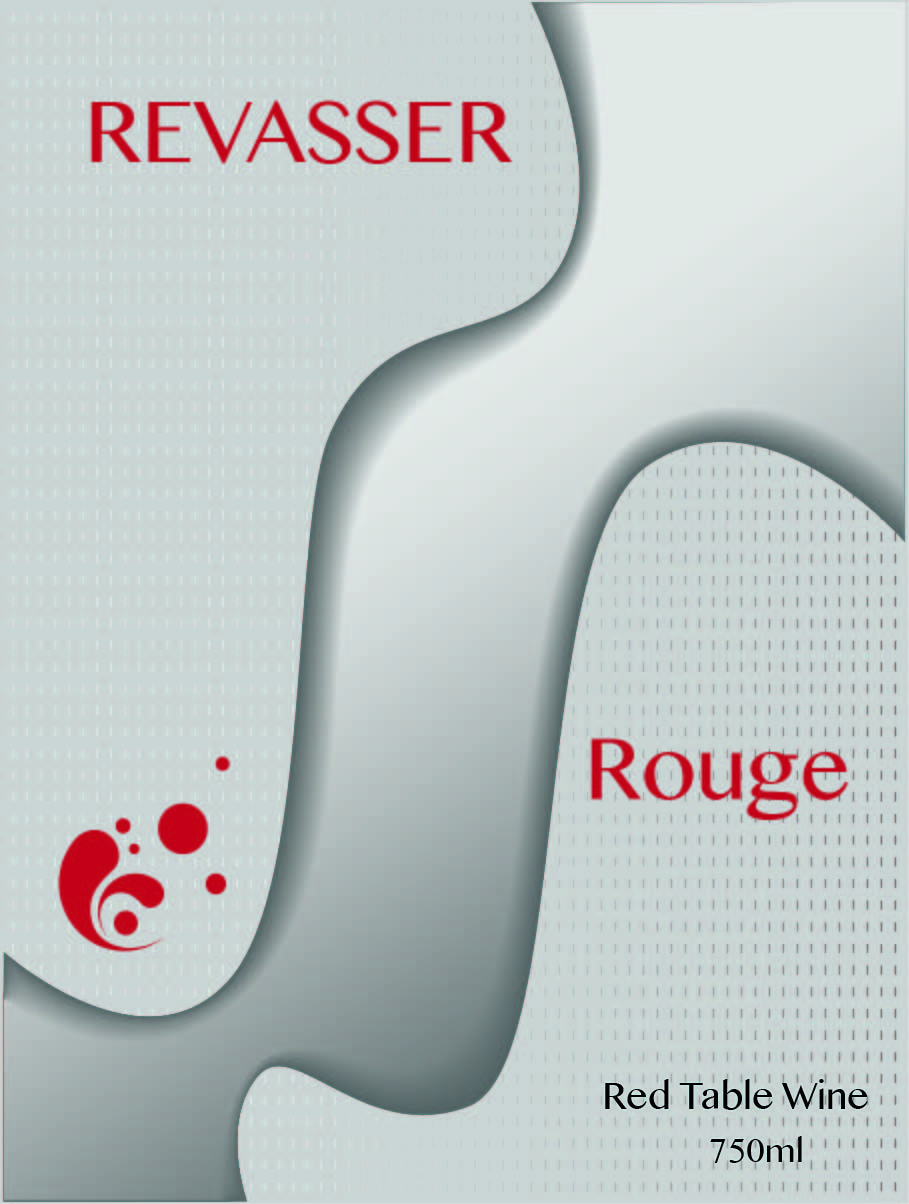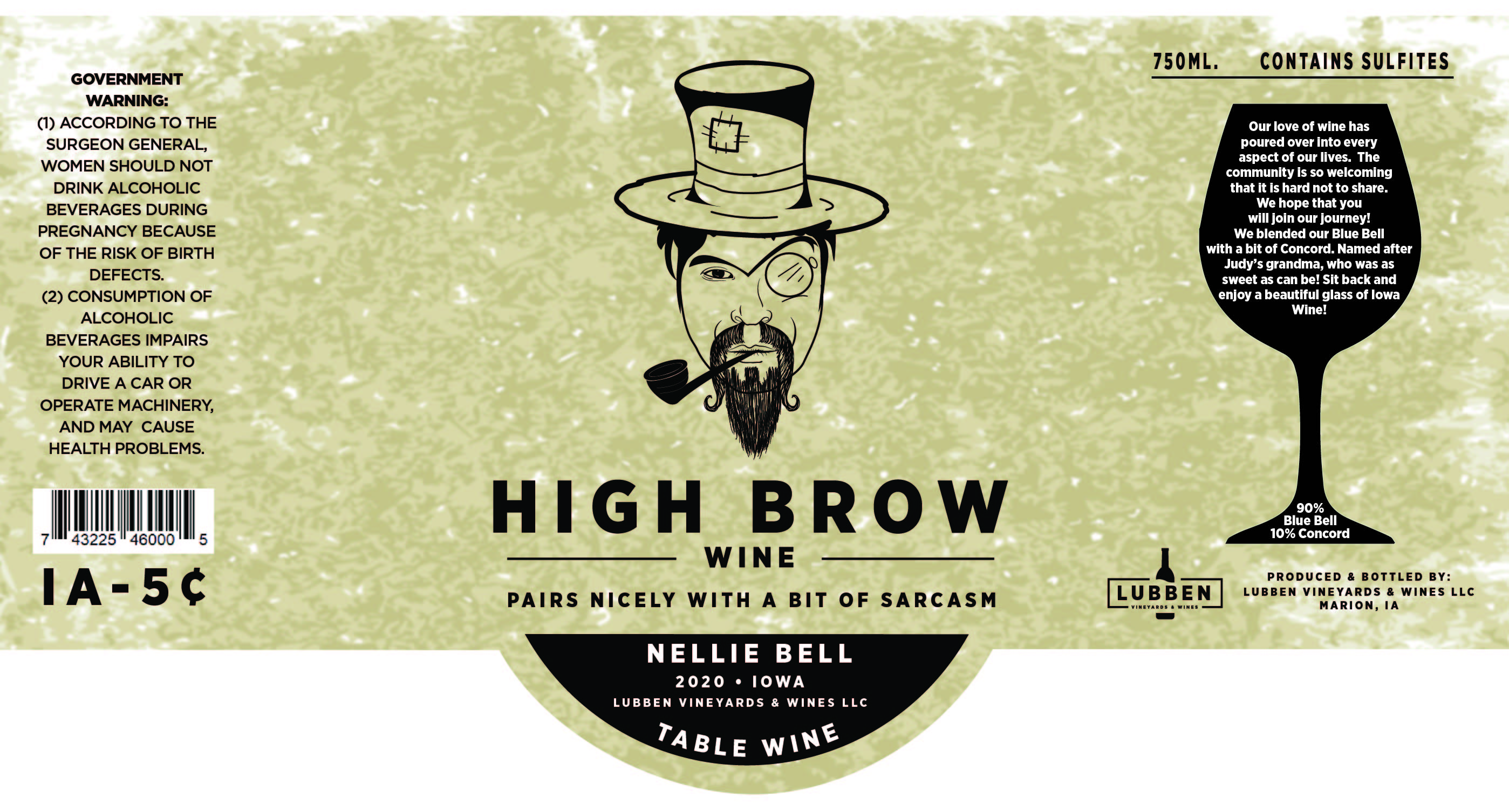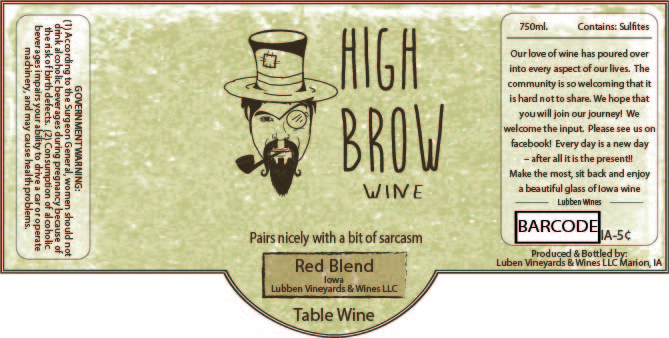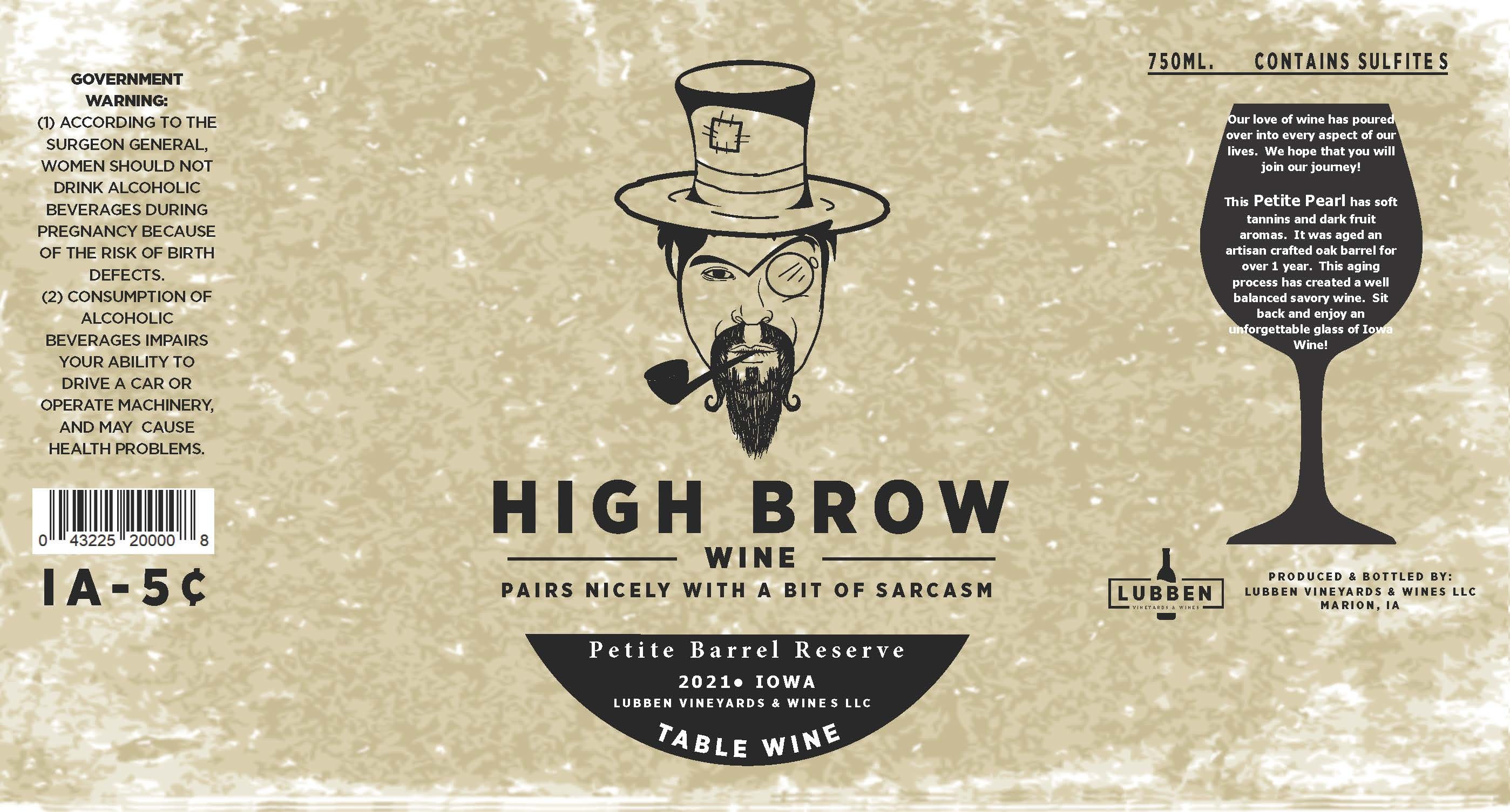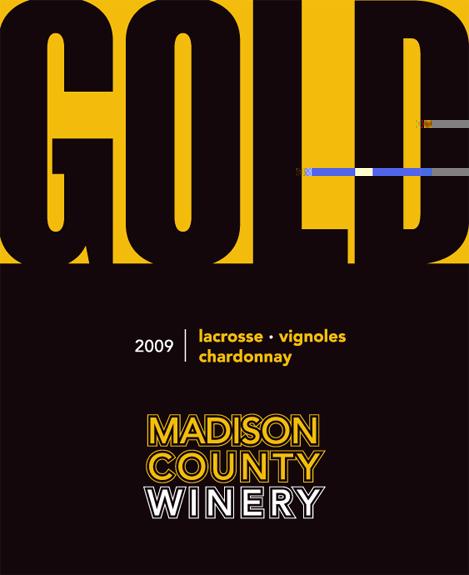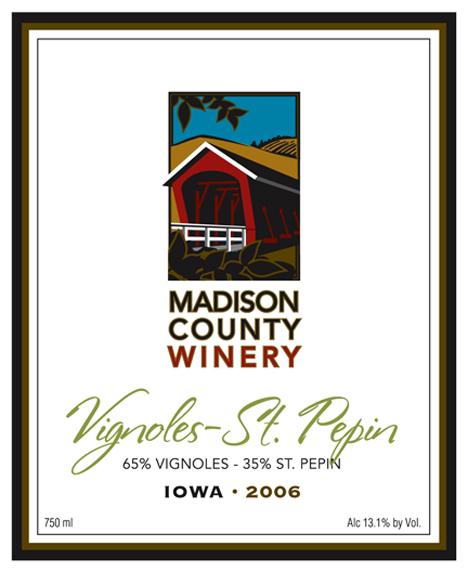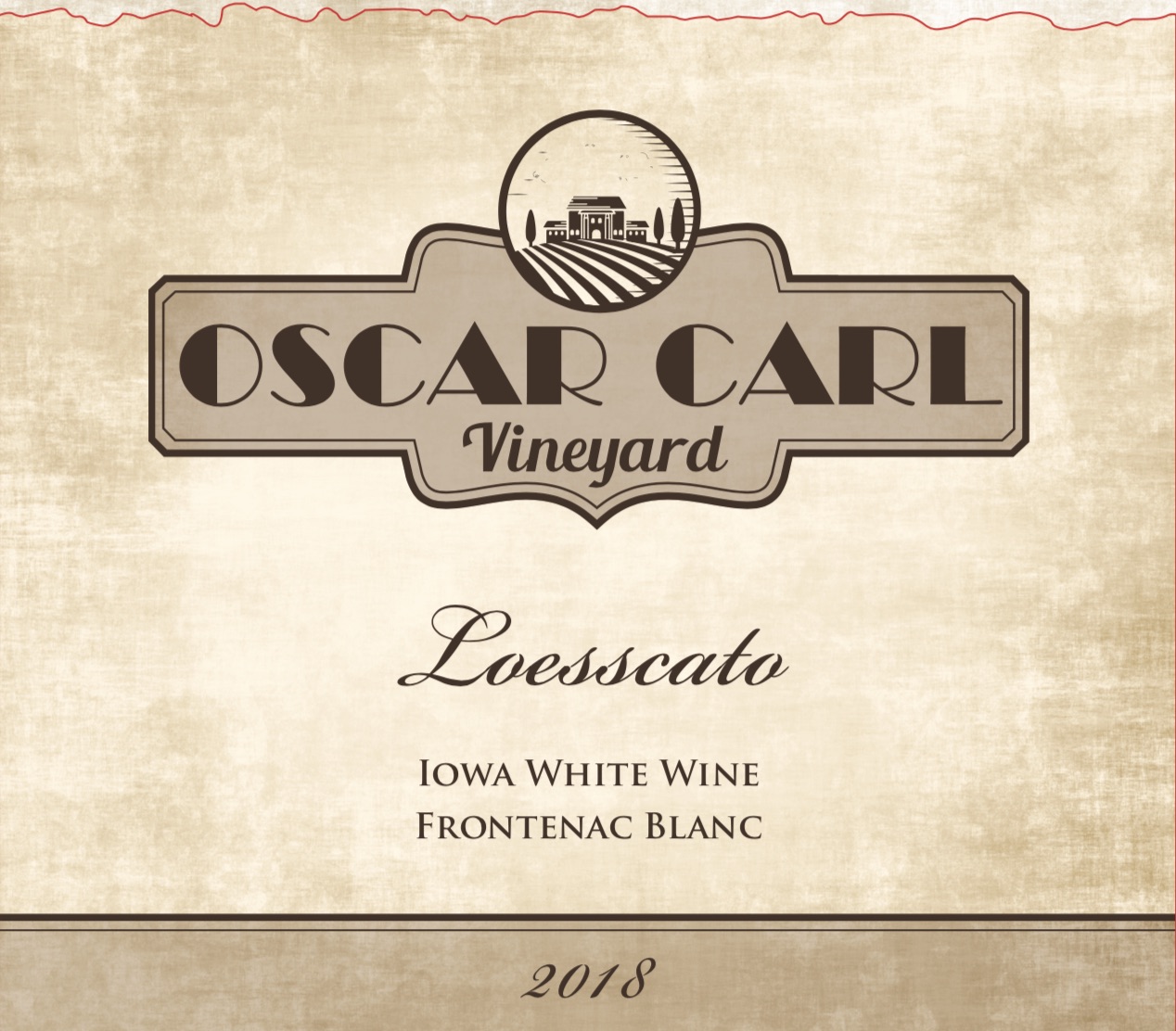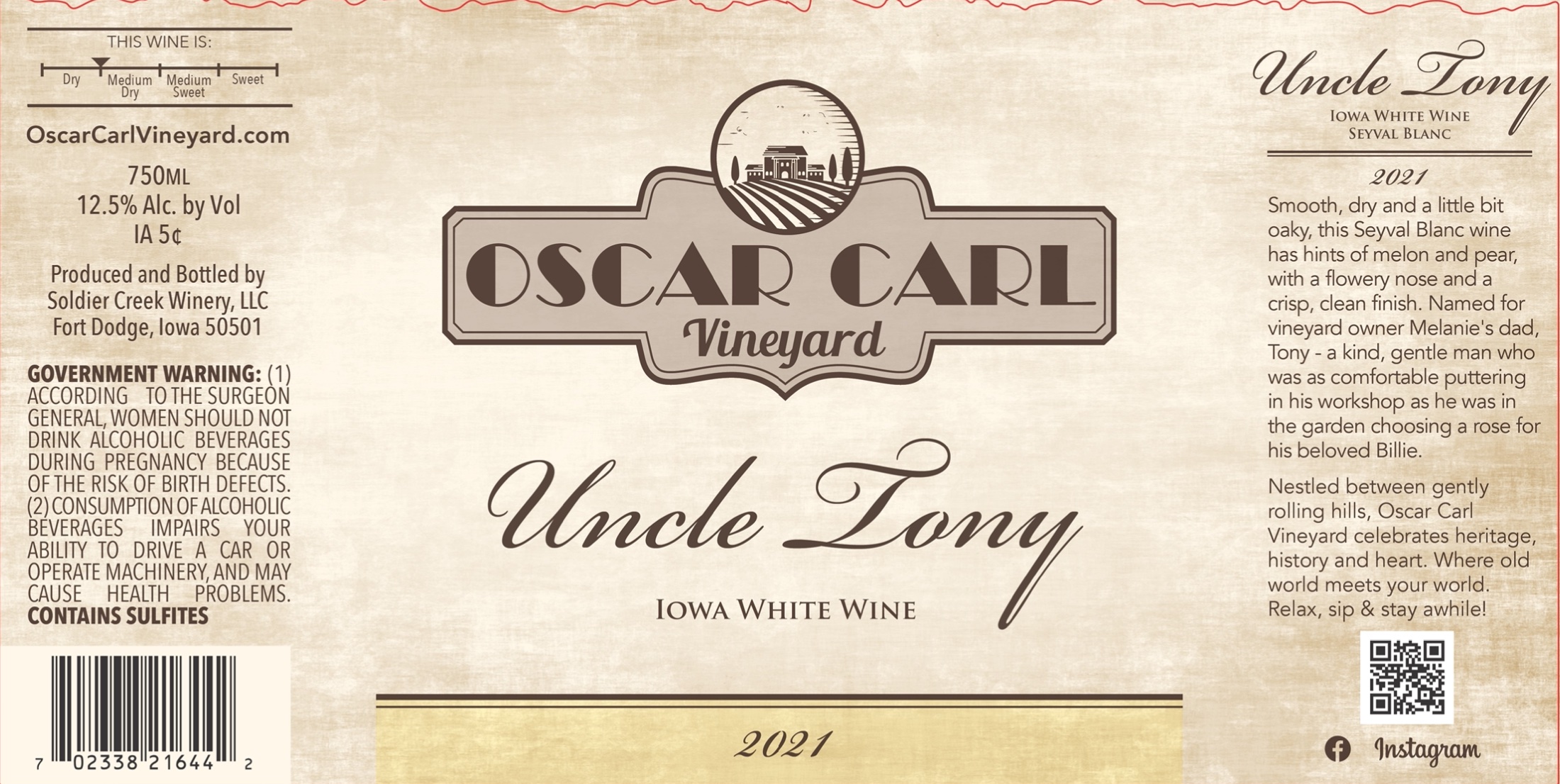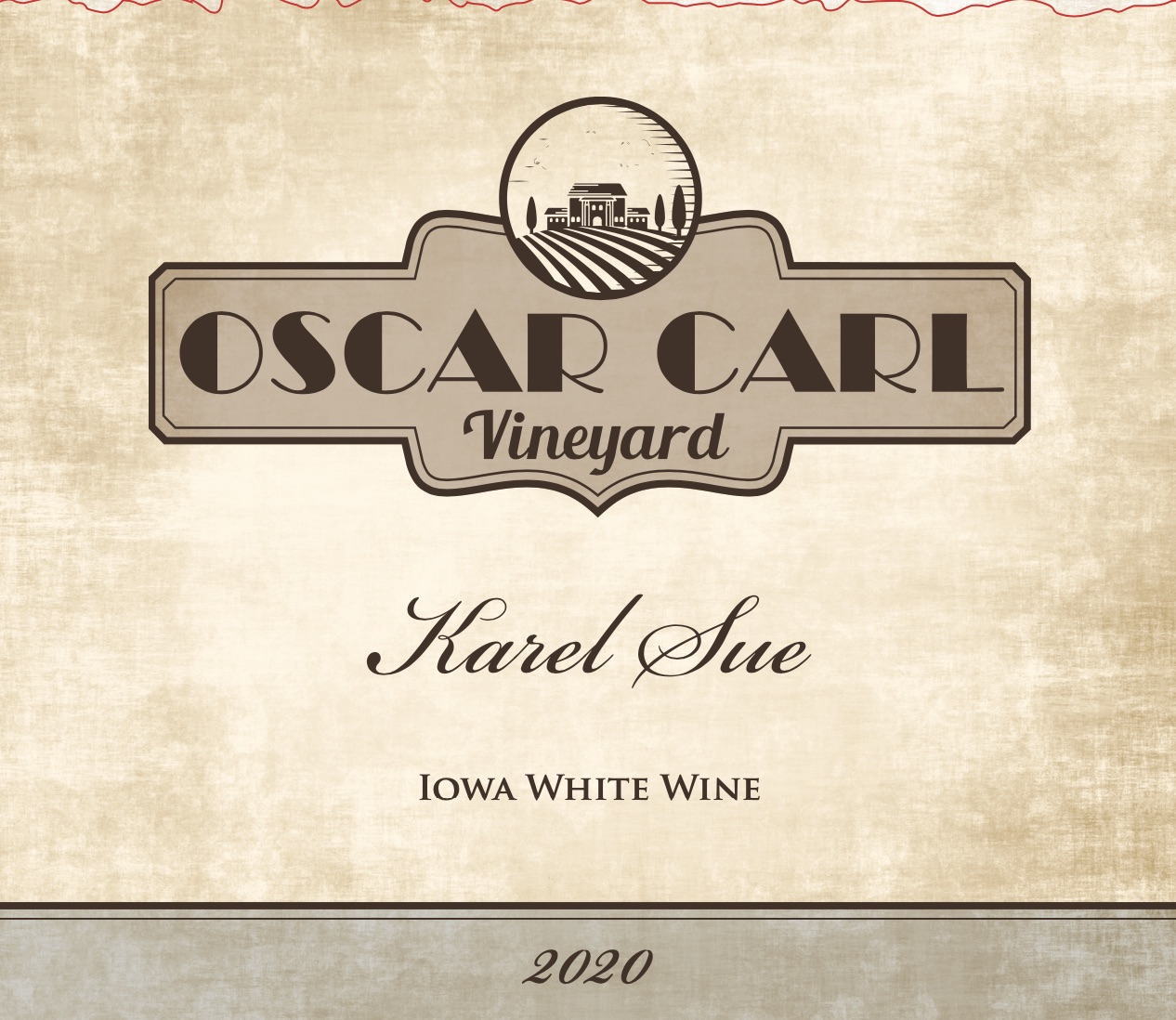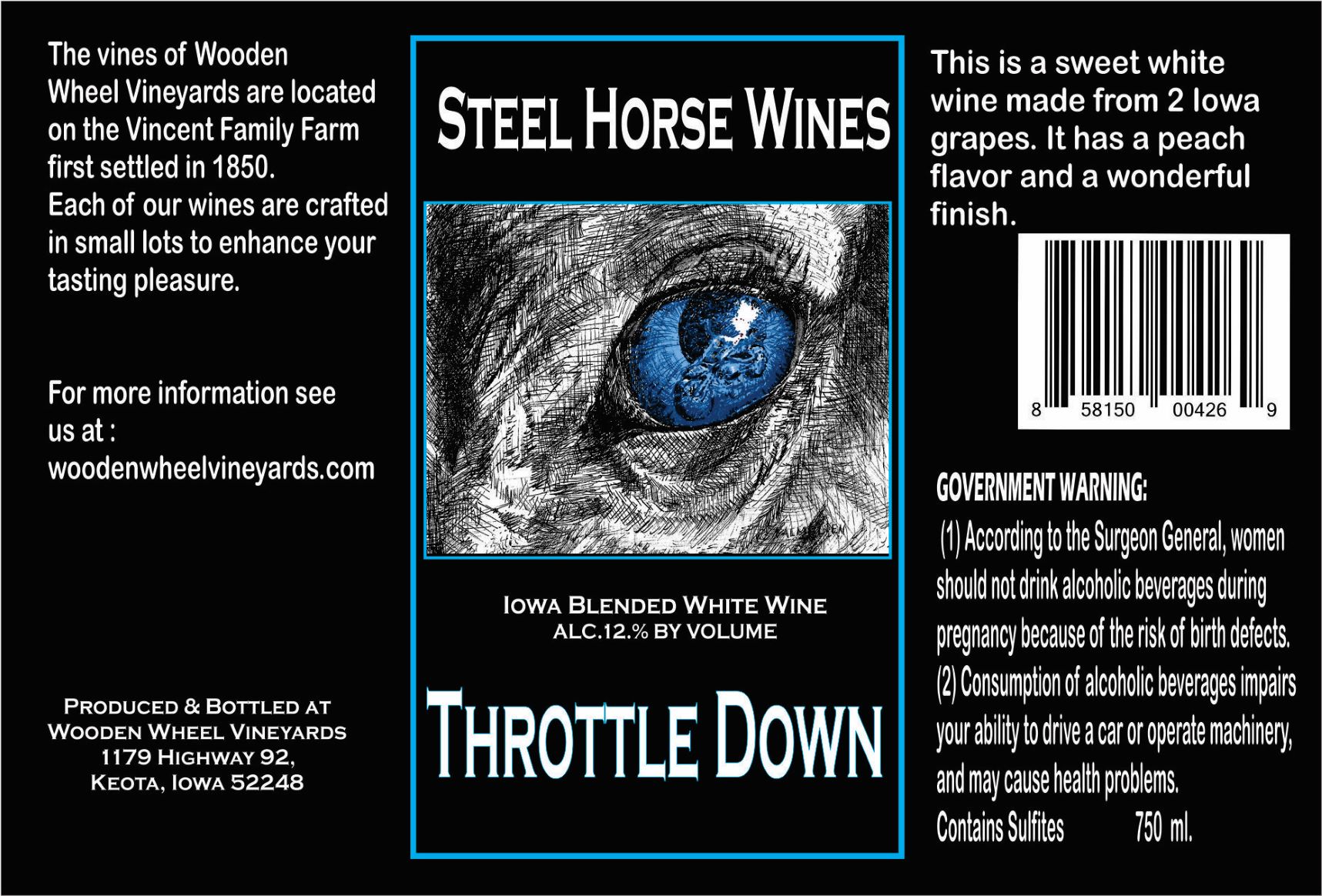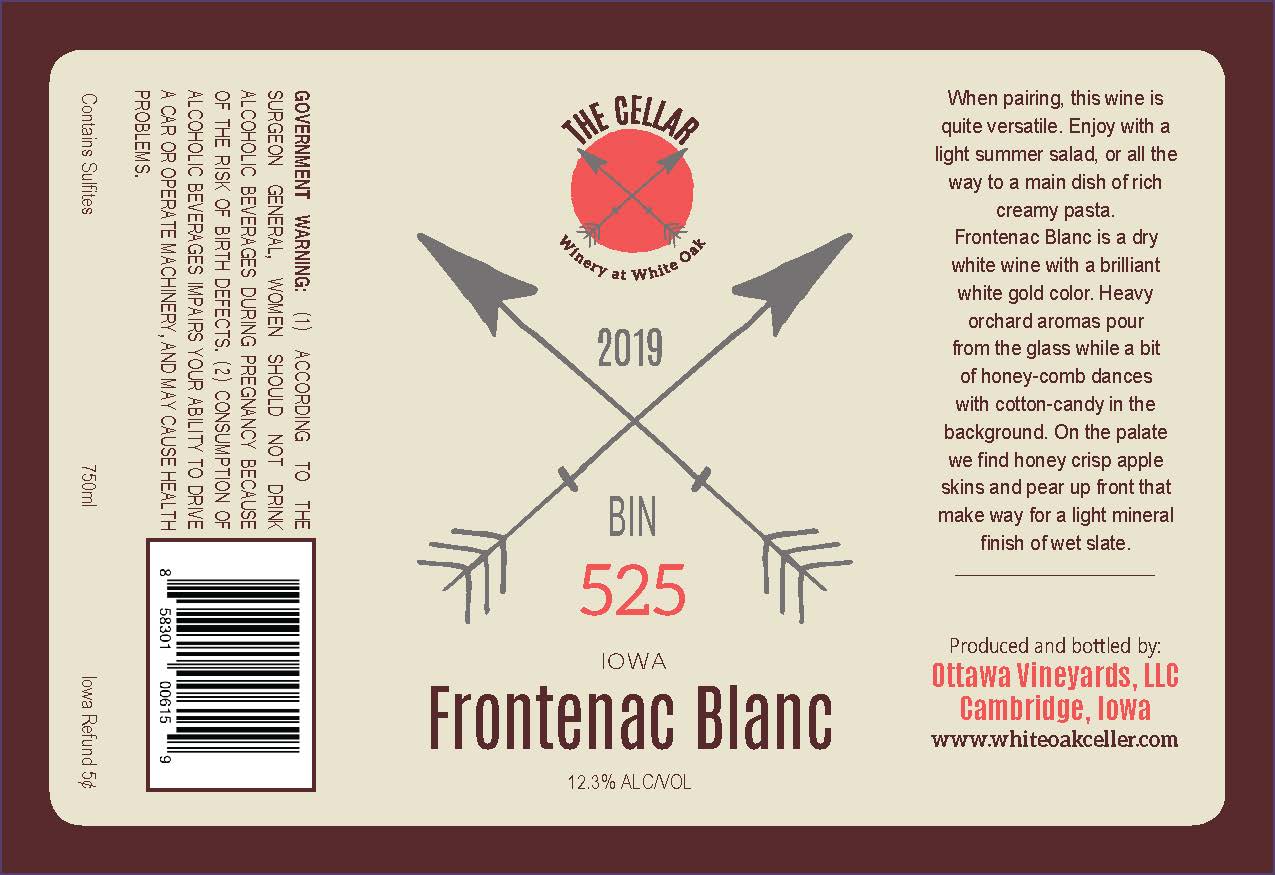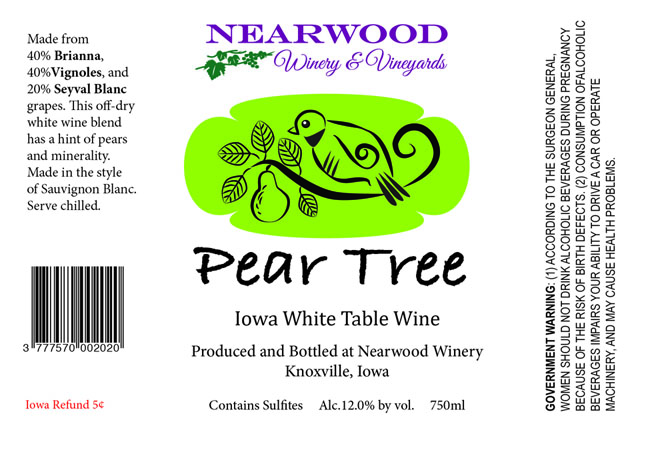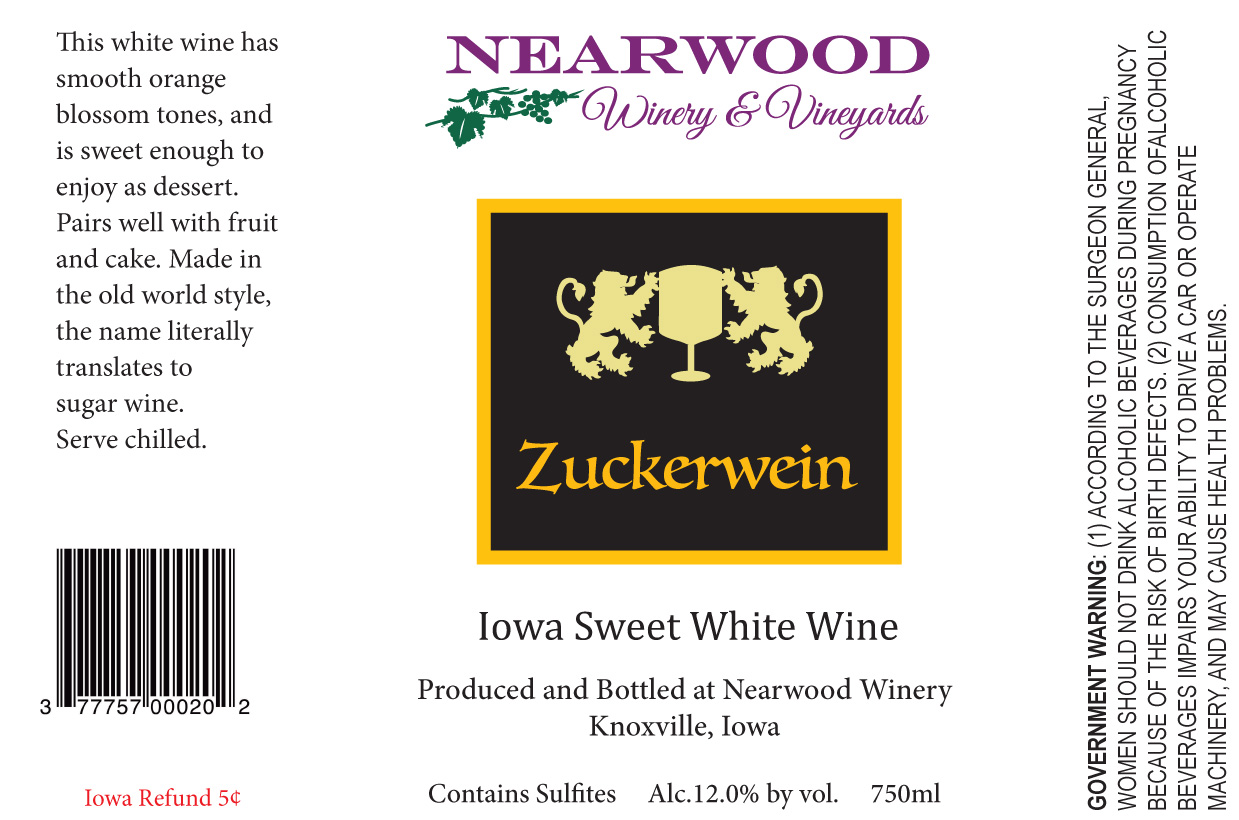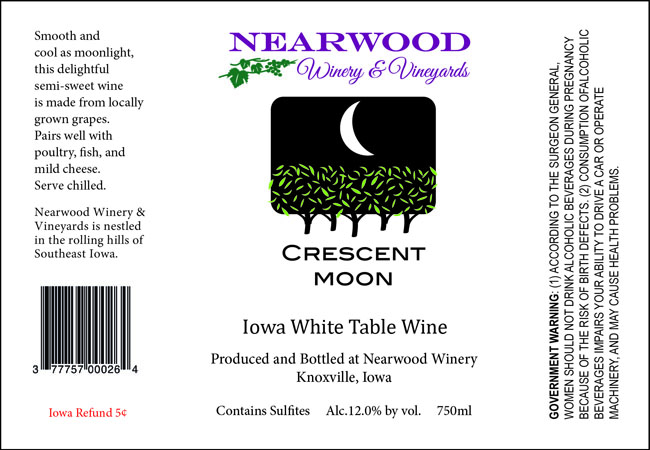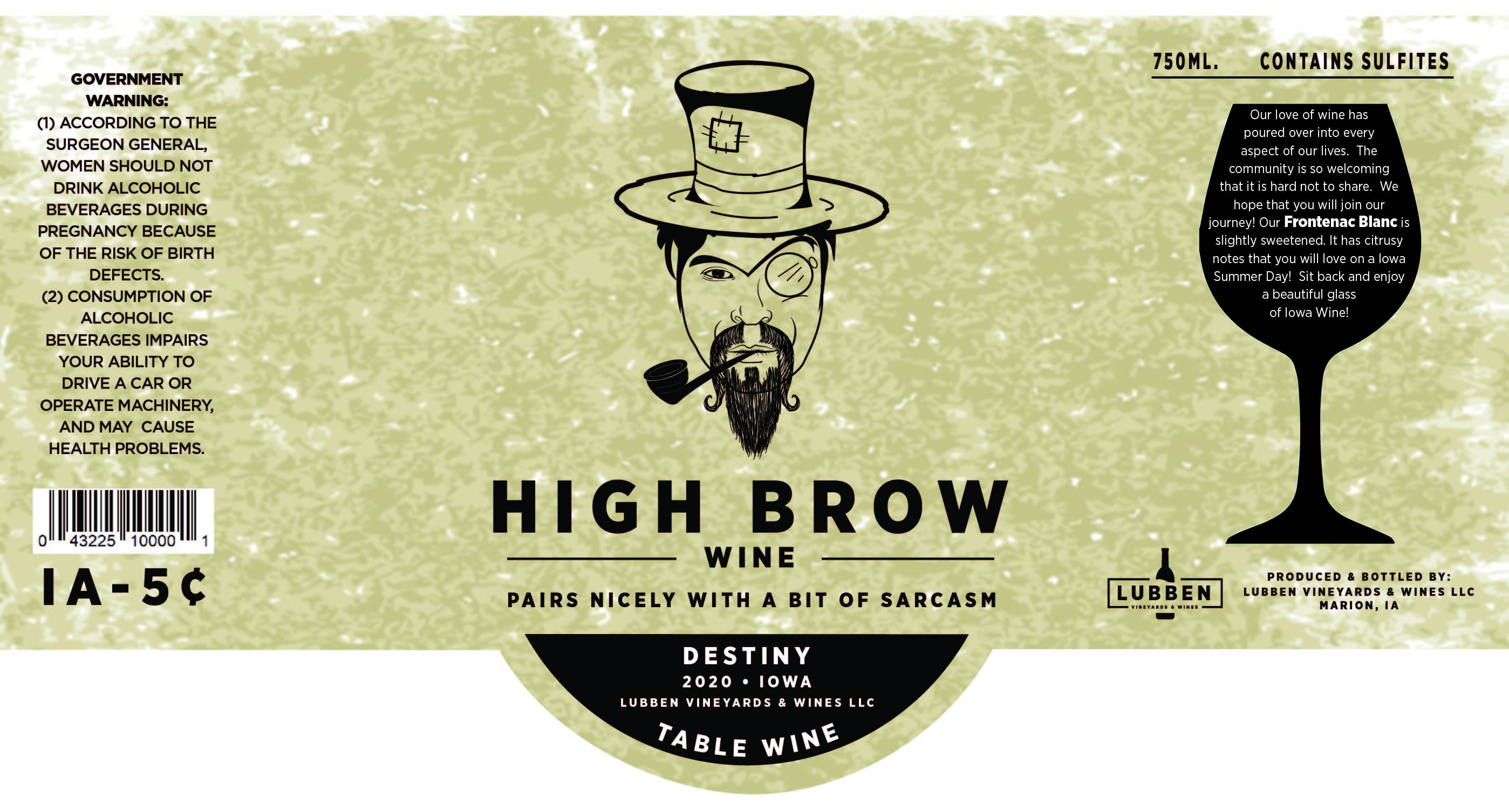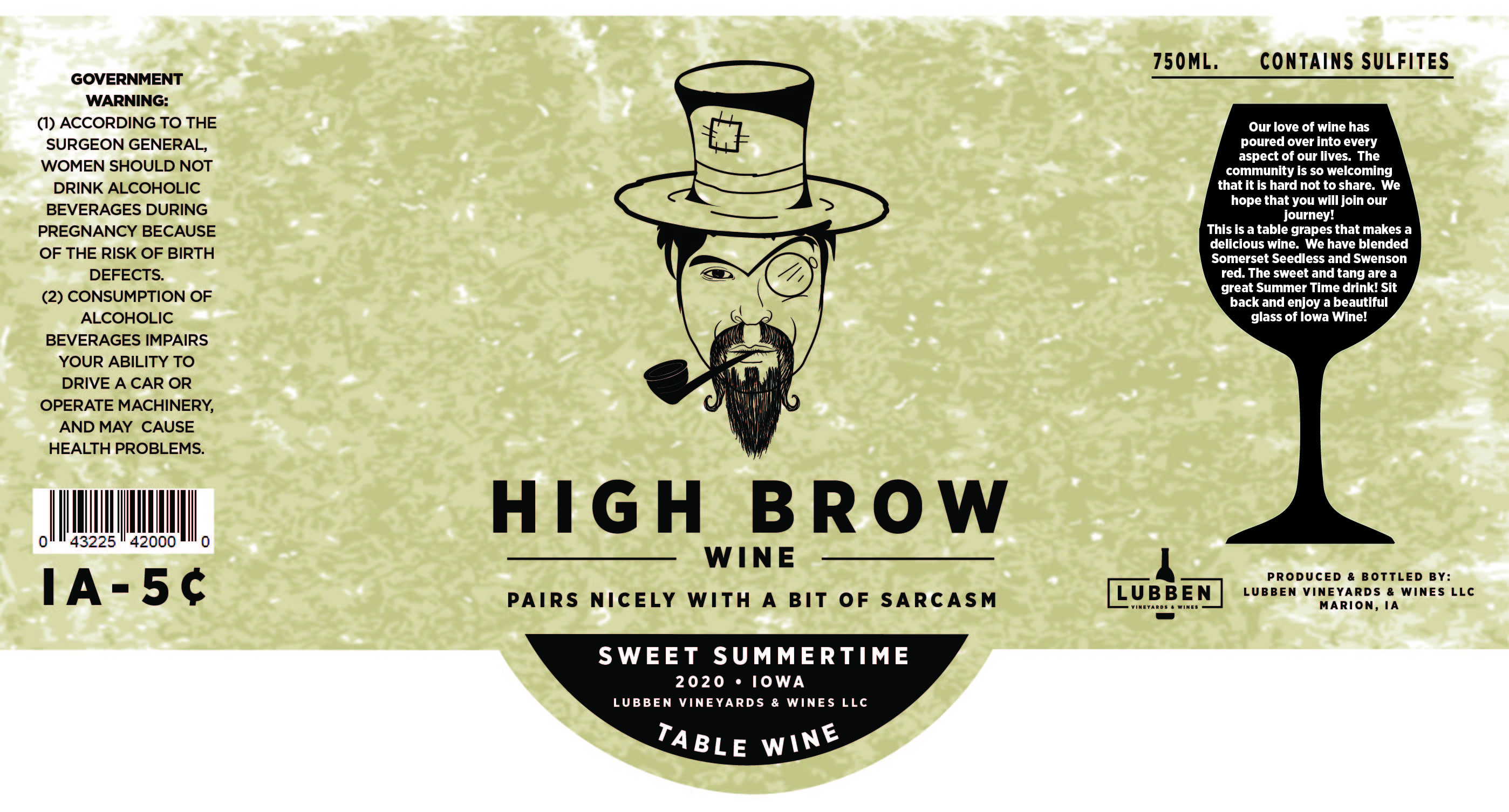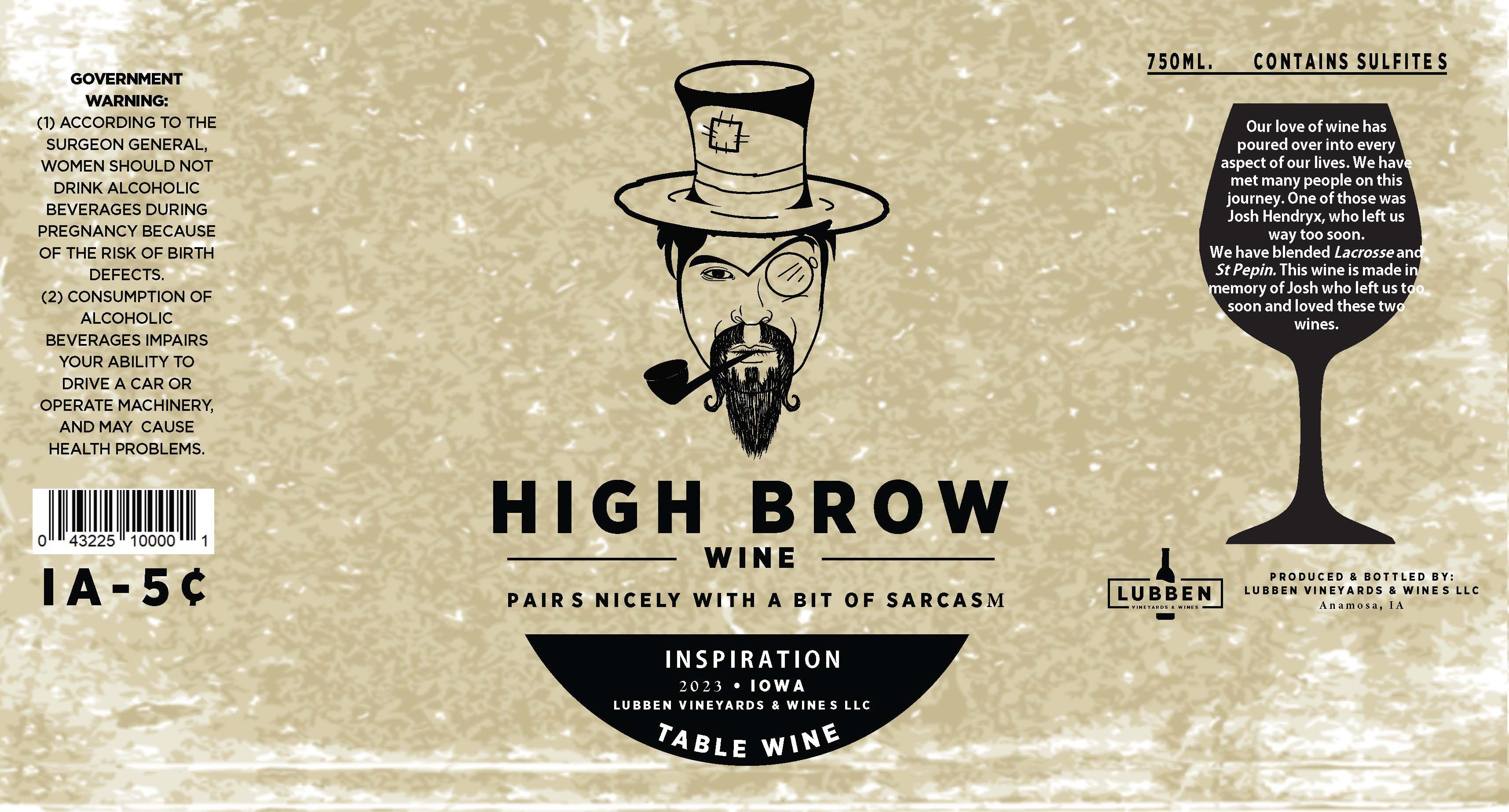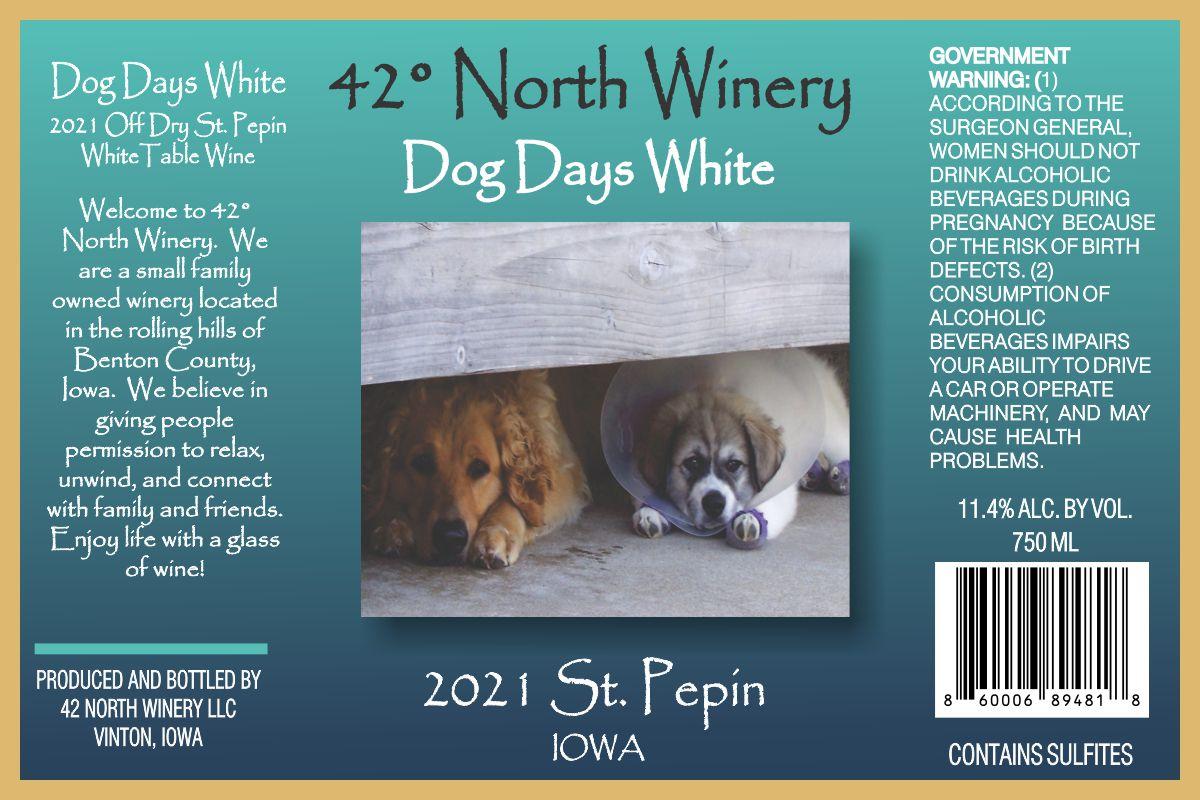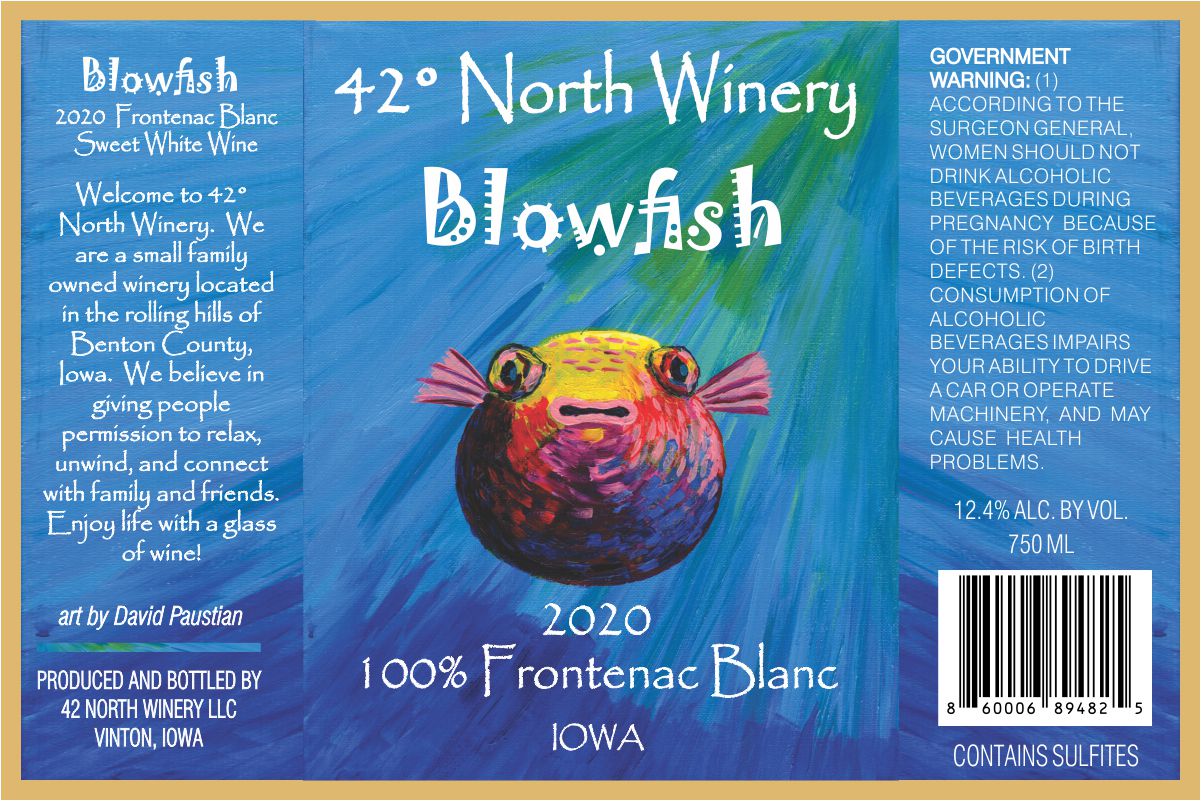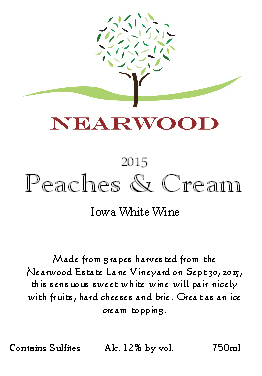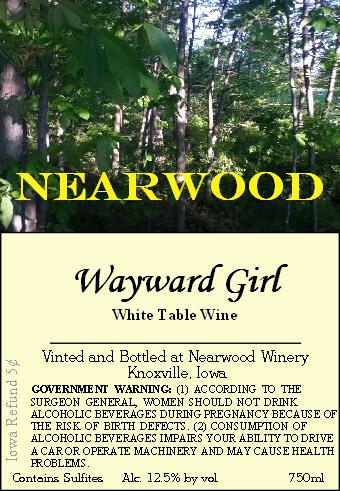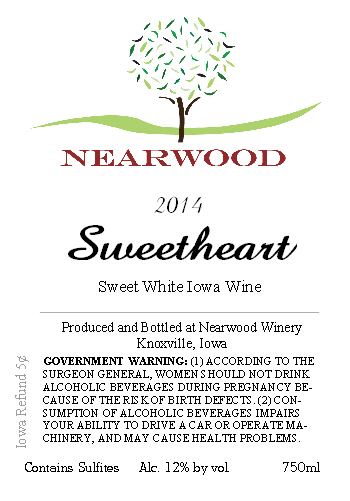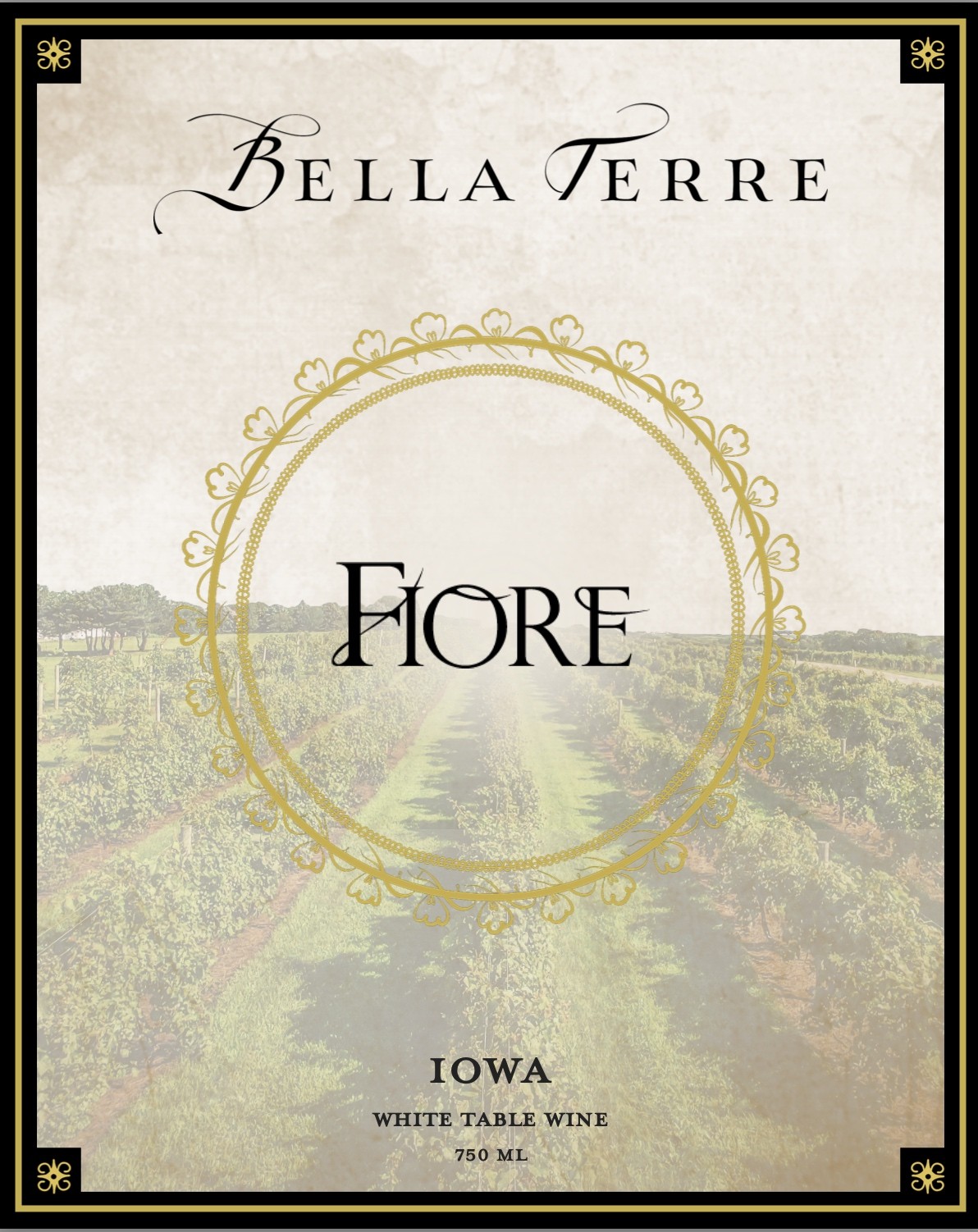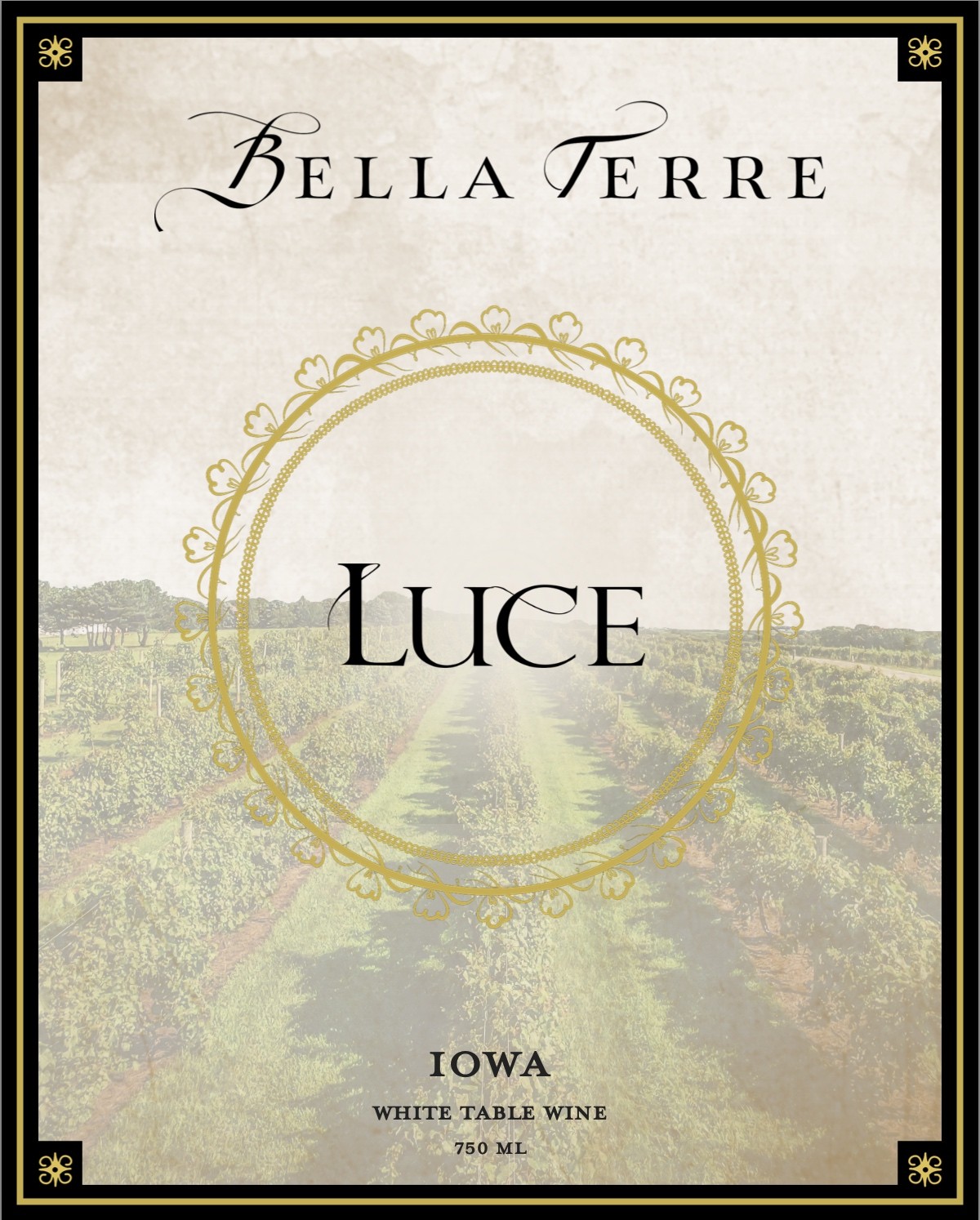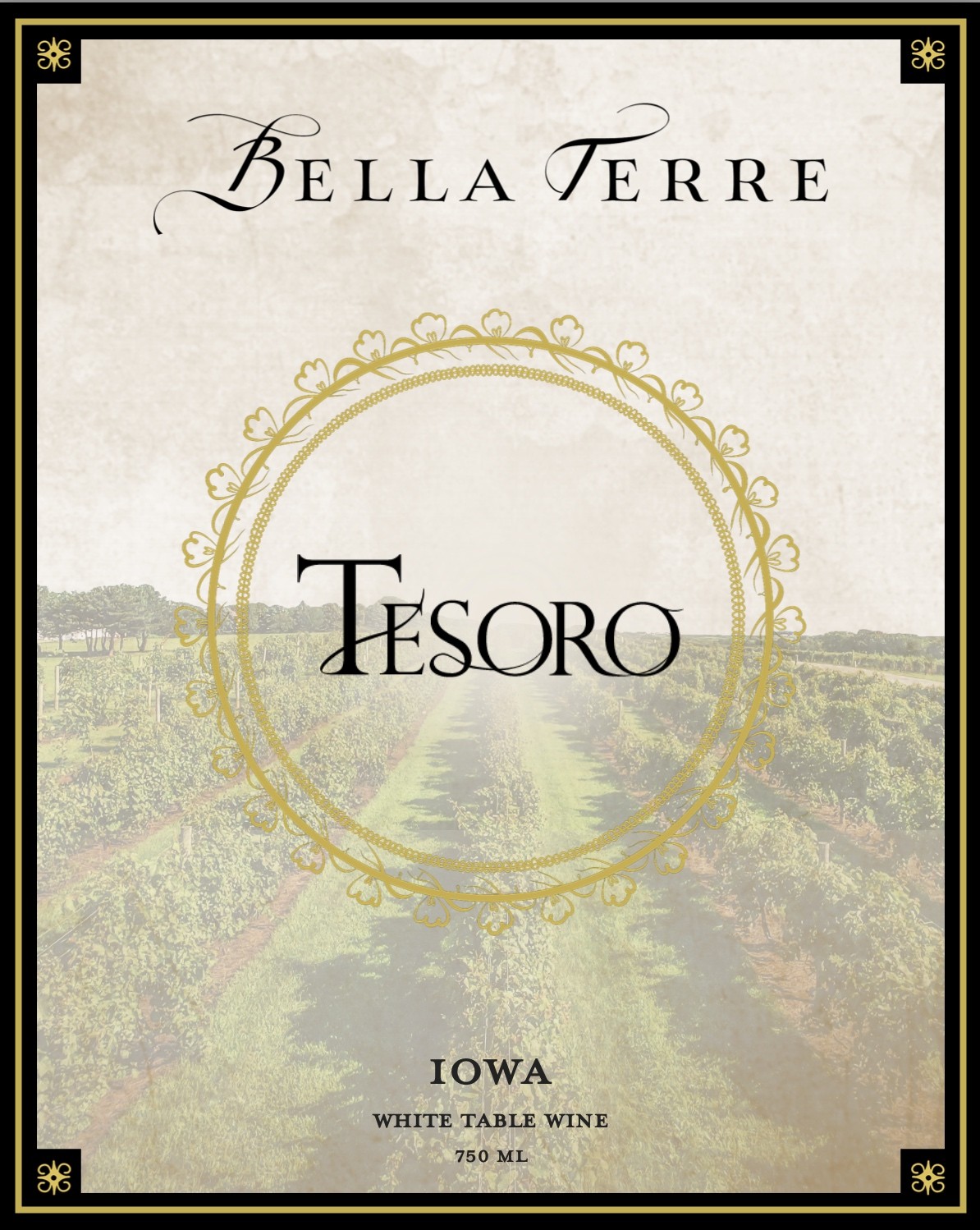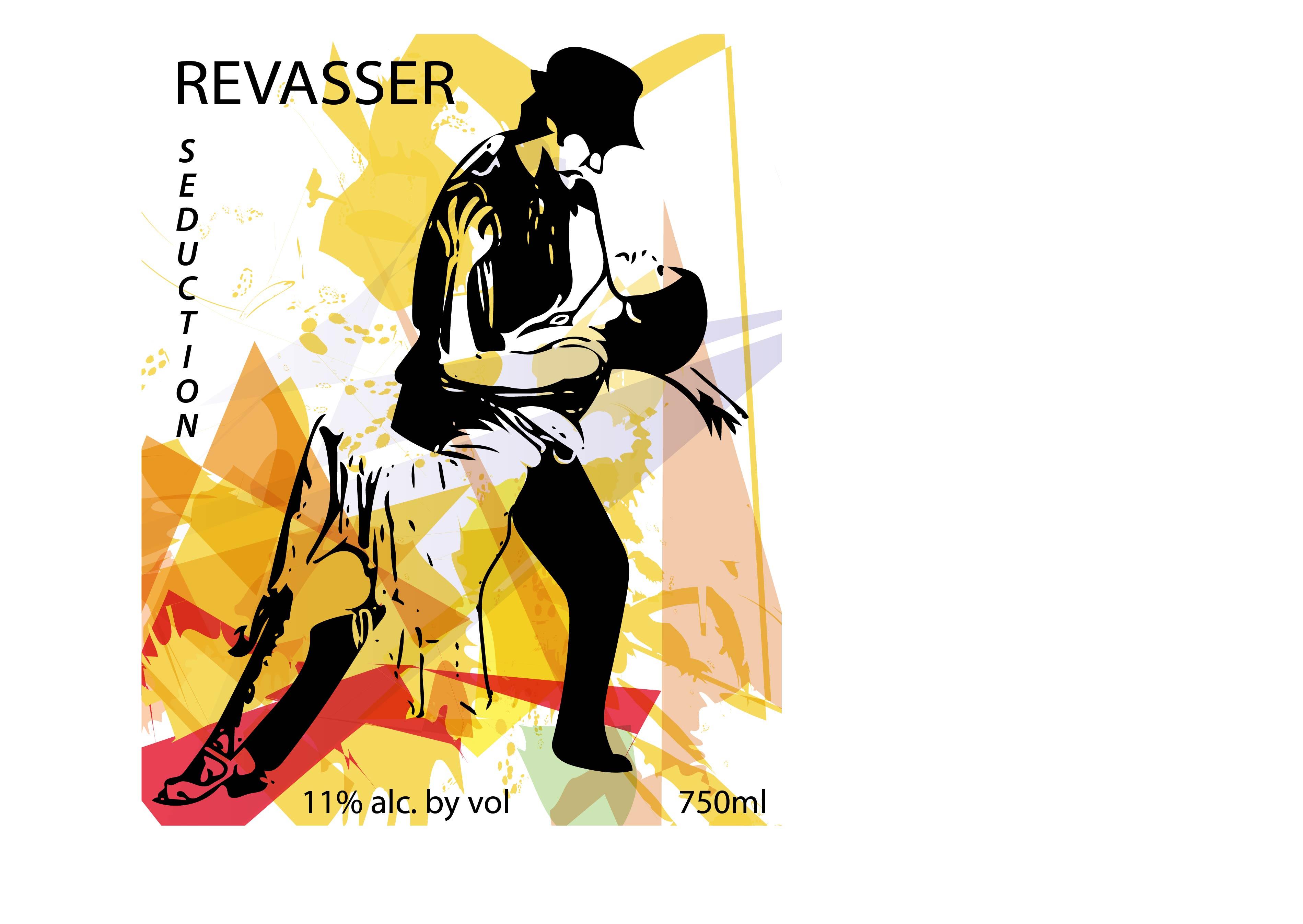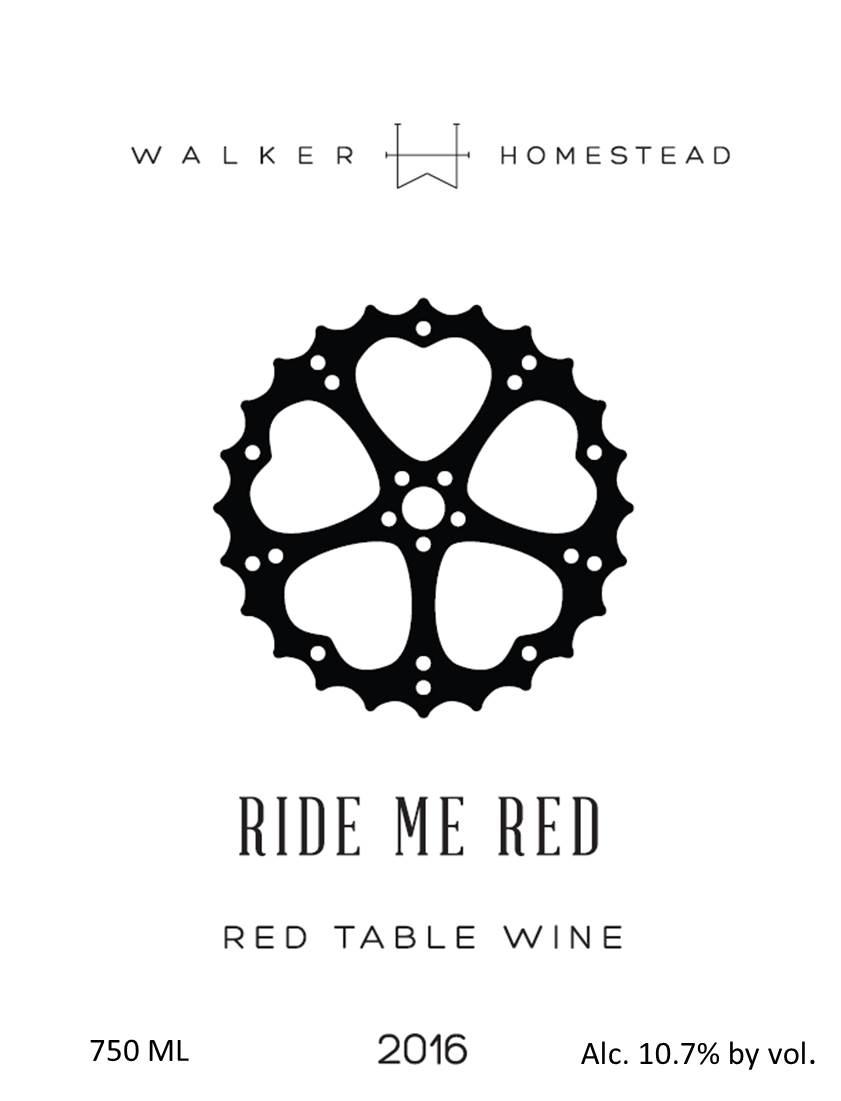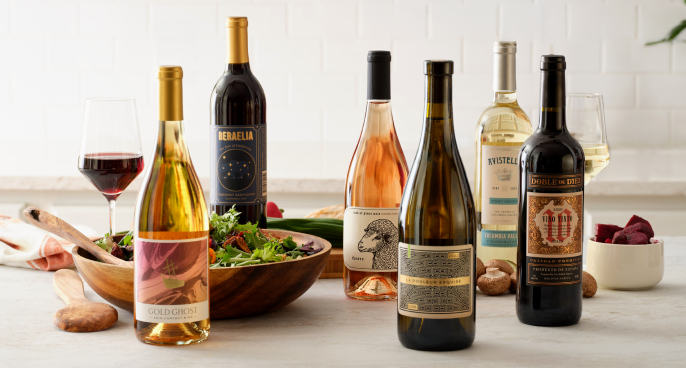Terroir of Iowa
Iowa's wine region has a continental climate, with hot, humid summers that boost sugar in grapes but also bring fungal risks. Winters are harsh, often dropping below zero, which challenges traditional vinifera and favors hardy grape varieties.
Planting on slopes and pruning canopies help manage these extremes by improving airflow and sunlight exposure. The soils range from fertile loam and clay-loam, enriched by prairie topsoil, to limestone-rich bedrock in the Upper Mississippi Valley AVA, each adding unique character to vineyards.
The Loess Hills District AVA features towering loess bluffs for deep root growth and excellent drainage, with steep inclines extending the growing season. Iowa's terroir gives wines bright acidity and fresh fruit flavors, with earthy undertones from its varied soils, creating wines with a true sense of place.
Notable Wineries in Iowa
Iowa offers a diverse wine scene, blending the old with the new, as both historic and innovative wineries shape the state’s wine culture:
-
Summerset Winery (Indianola): A pioneer in Iowa's wine resurgence, known for its award-winning Marechal Foch and St. Croix reds.
-
Tassel Ridge Winery (Leighton): Known for dry Marquette–Frontenac blends and a sweet red blend called “Red, White, & Blue.”
-
Cedar Ridge Winery & Distillery (Swisher): Acclaimed for barrel-aged Marquette wines and refreshing La Crescent whites.
-
Park Farm Winery (Bankston): Excels in Brianna, Marquette, and Frontenac Gris varietals.
-
Bodega Victoriana (Glenwood): Known for quality dry reds grown in rich loess soils.
-
Ackerman Winery (Amana Colonies): Iowa's oldest winery, famous for its fruit wines like rhubarb and blackberry.
Sustainable Winemaking in Iowa
Iowa’s winemaking scene is embracing sustainability, merging tradition with innovation. Many vineyards opt for eco-friendly practices like using hybrid grapes that resist diseases, reducing chemical needs. To combat soil erosion and enhance health, cover crops such as grasses and legumes flourish between vine rows, also attracting beneficial insects.
Water-saving measures like drip irrigation and mulching conserve moisture during dry spells. While formal certifications are scarce, practical green practices thrive, such as recycling pomace into fertilizer and using lightweight, recyclable packaging. Iowa State University's viticulture programs support these efforts by researching cold-hardy grapes and organic methods.
In Iowa, sustainability means resilience and responsibility, ensuring that the industry harmonizes with nature and thrives for future generations. By selecting hardy grapes and practicing thoughtful farming, Iowa's winemakers craft wines that reflect their commitment to the land and community.
Wine Tourism in Iowa
Iowa is cultivating a vibrant wine tourism scene, merging rustic charm with dynamic experiences. Visitors can explore wineries set in picturesque rural settings, offering more than just tastings. Many locations host live music, art fairs, and farm-to-table dining, enhancing the appeal.
The state is organized into eight wine trails, such as the Driftless Area Wine Trail, making it easy to plan multi-winery trips. The Iowa Wine Passport app adds a gamified element to these journeys. Annual events like the Iowa State Fair highlight local wines, fostering connections between visitors and winemakers.
Iowa’s unique terroir and climate support a range of cold-hardy grape varieties, giving the region’s wines their distinctive character. These experiences are not just about the wines but also about celebrating Iowa's rural culture and community, offering visitors a memorable taste of the Heartland’s hospitality.

